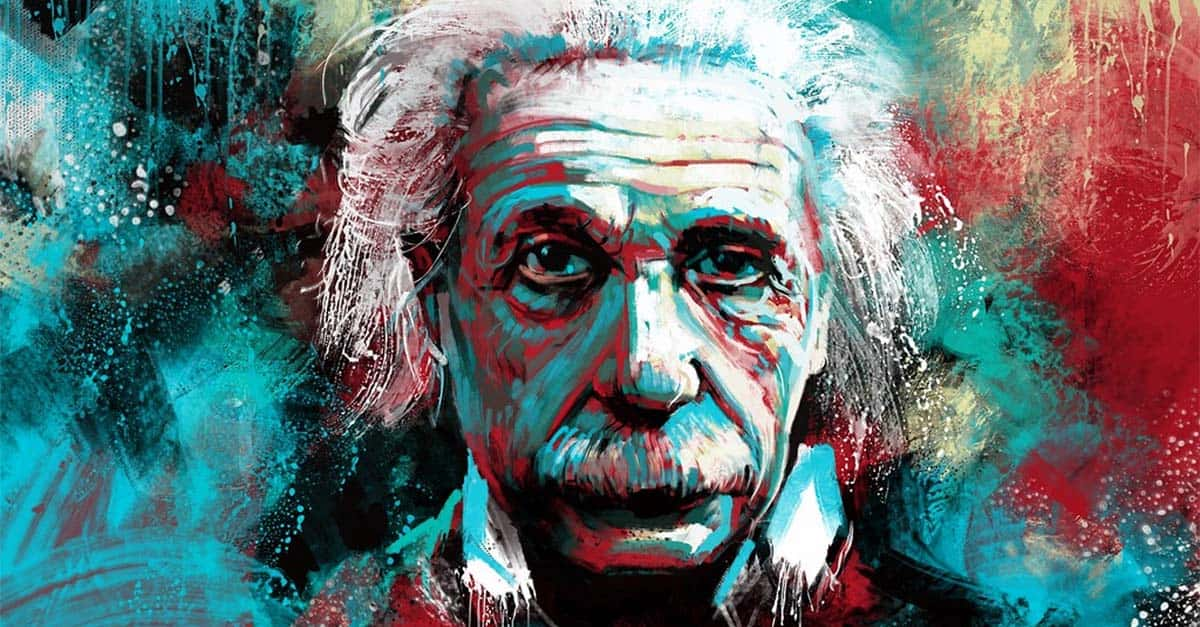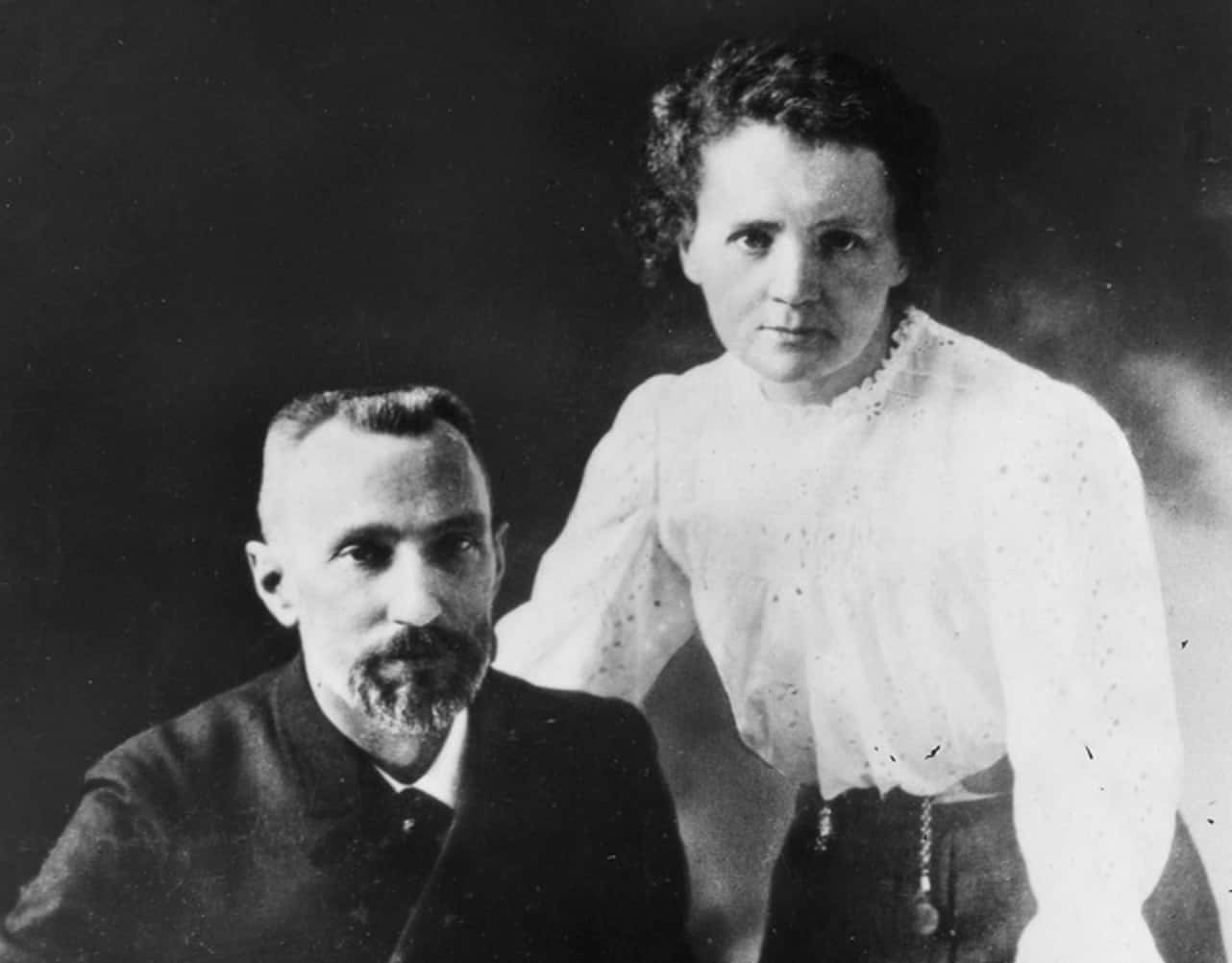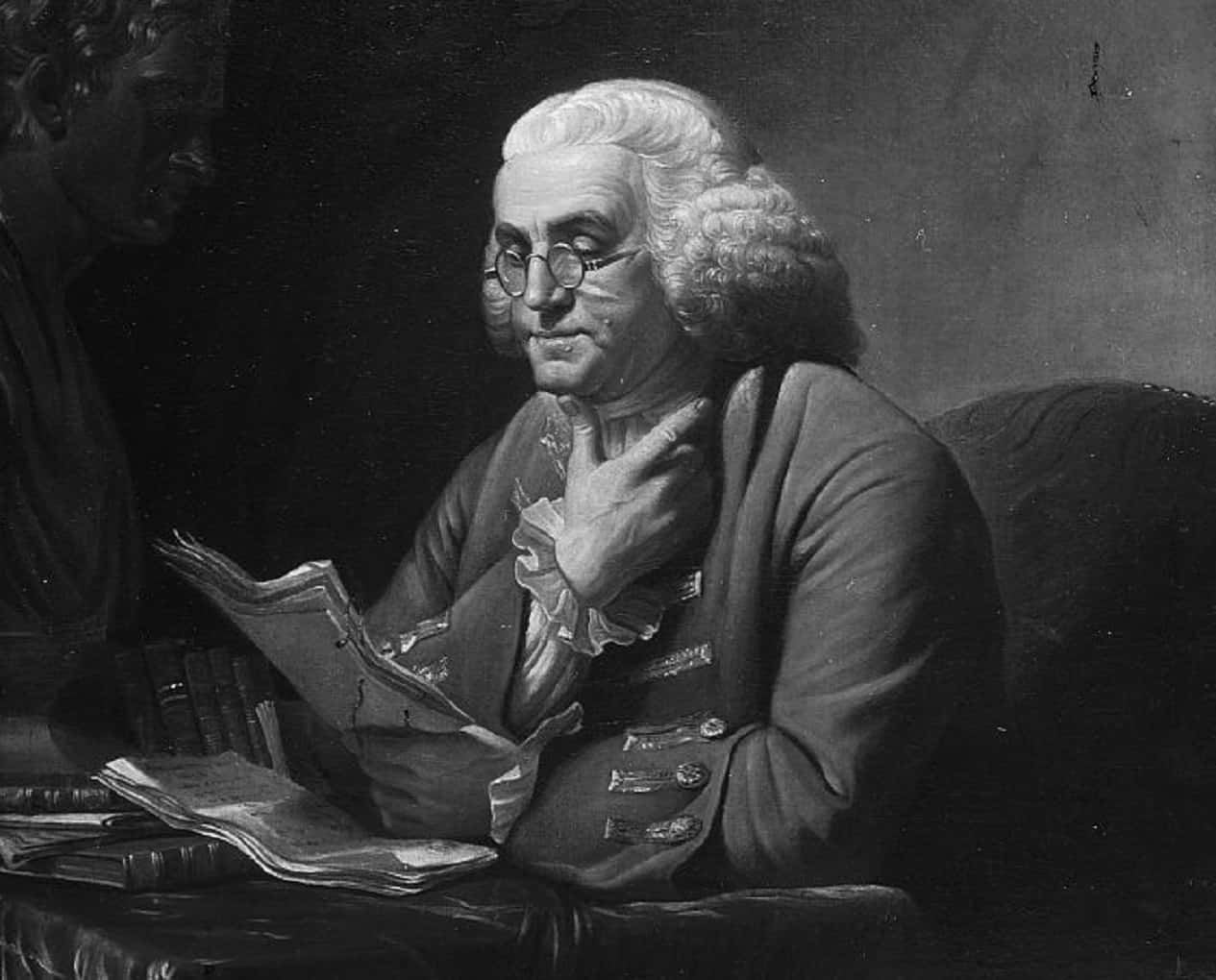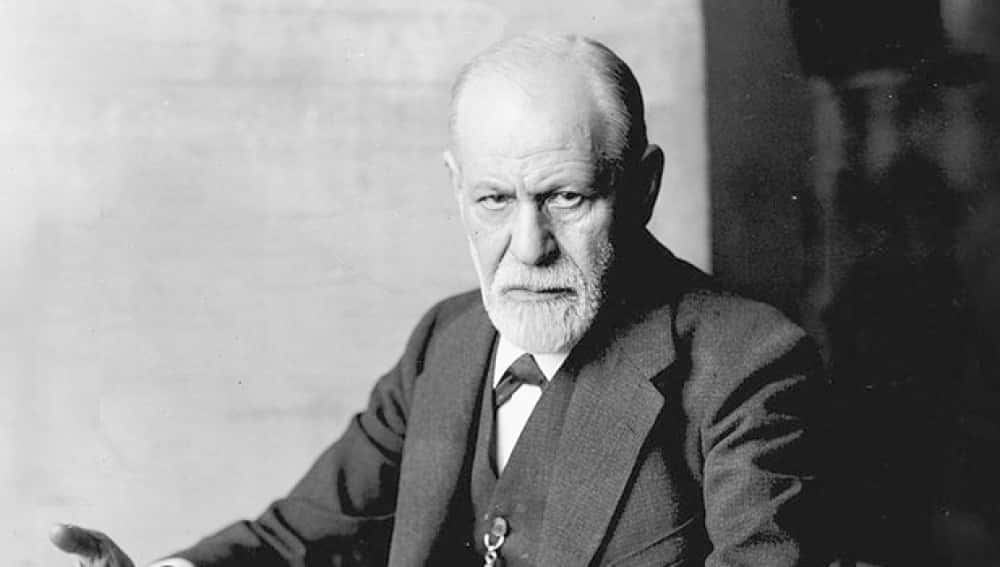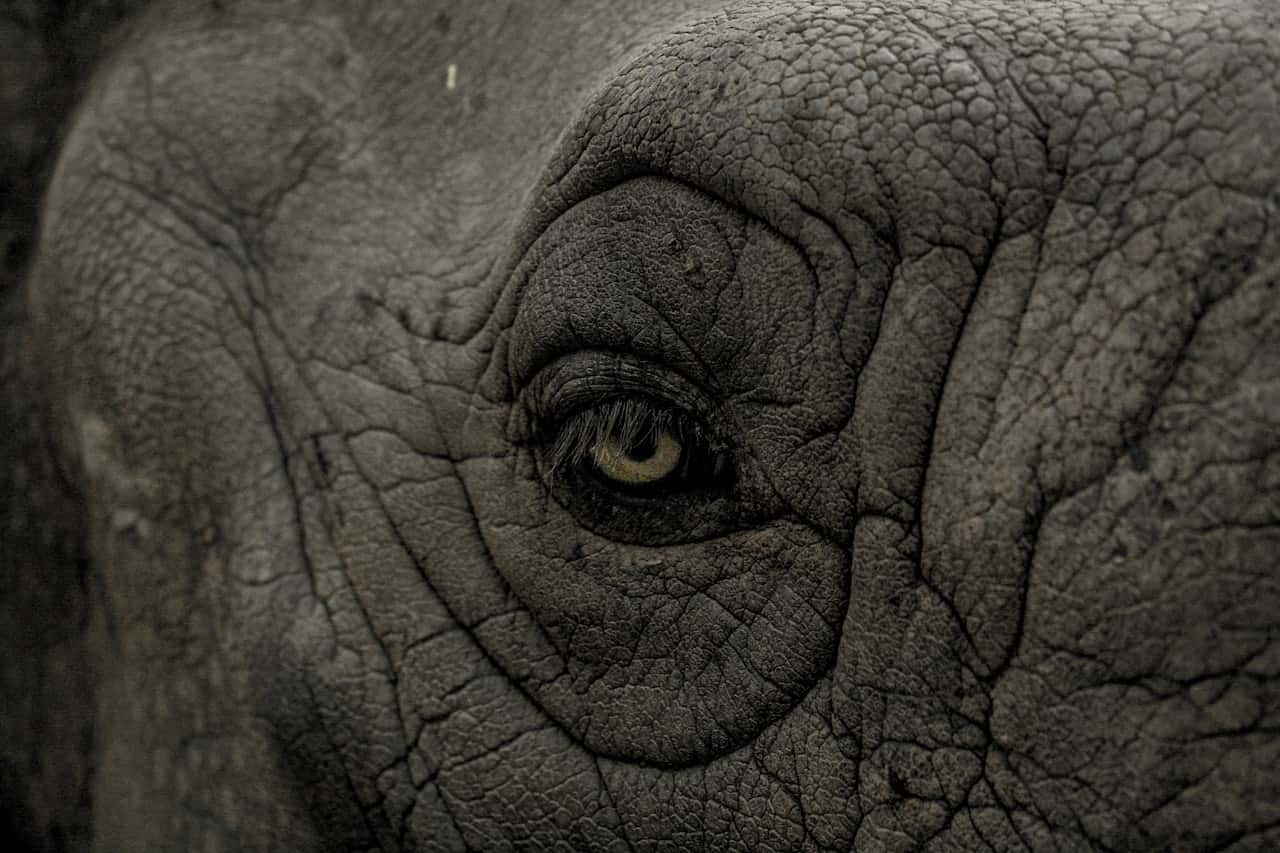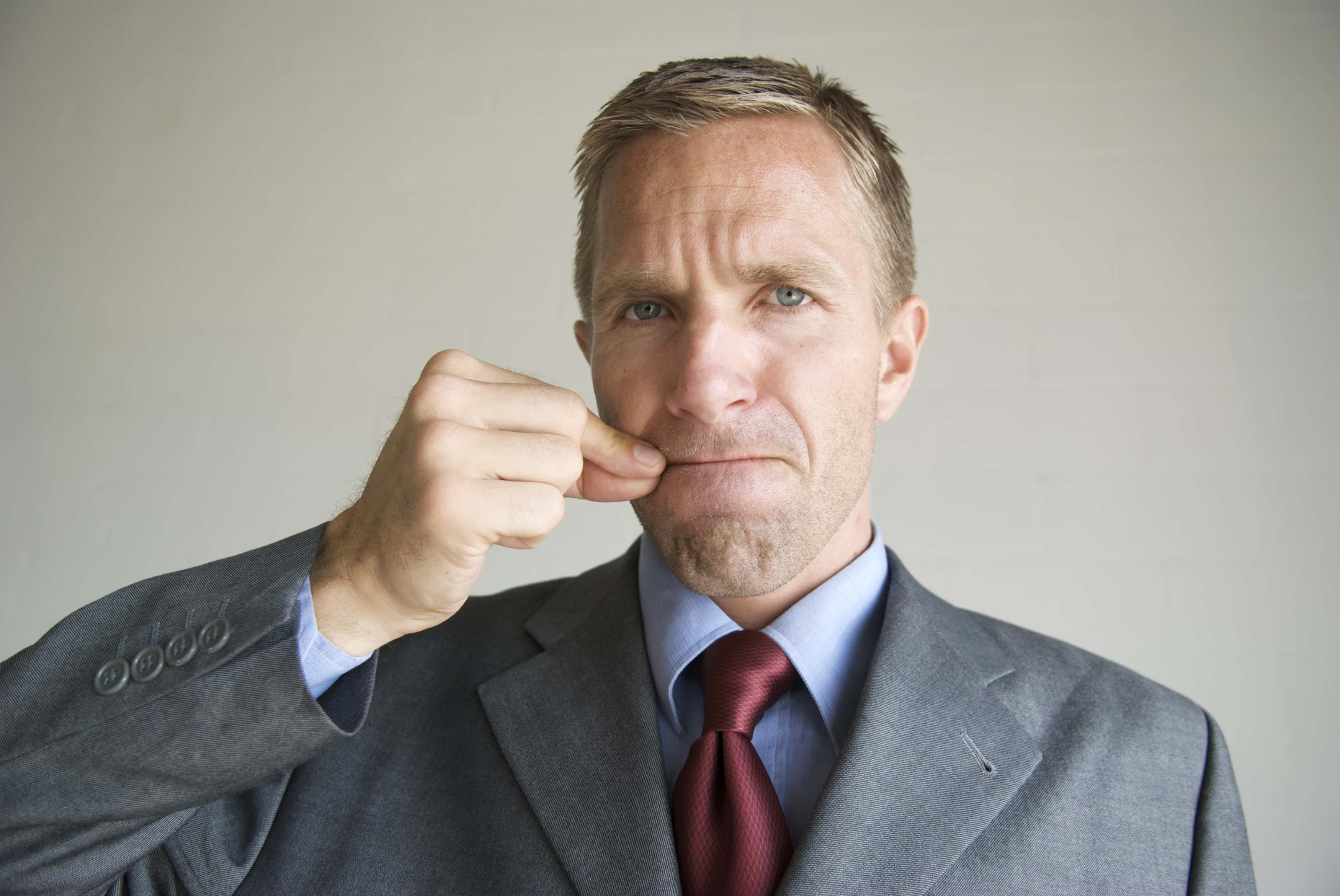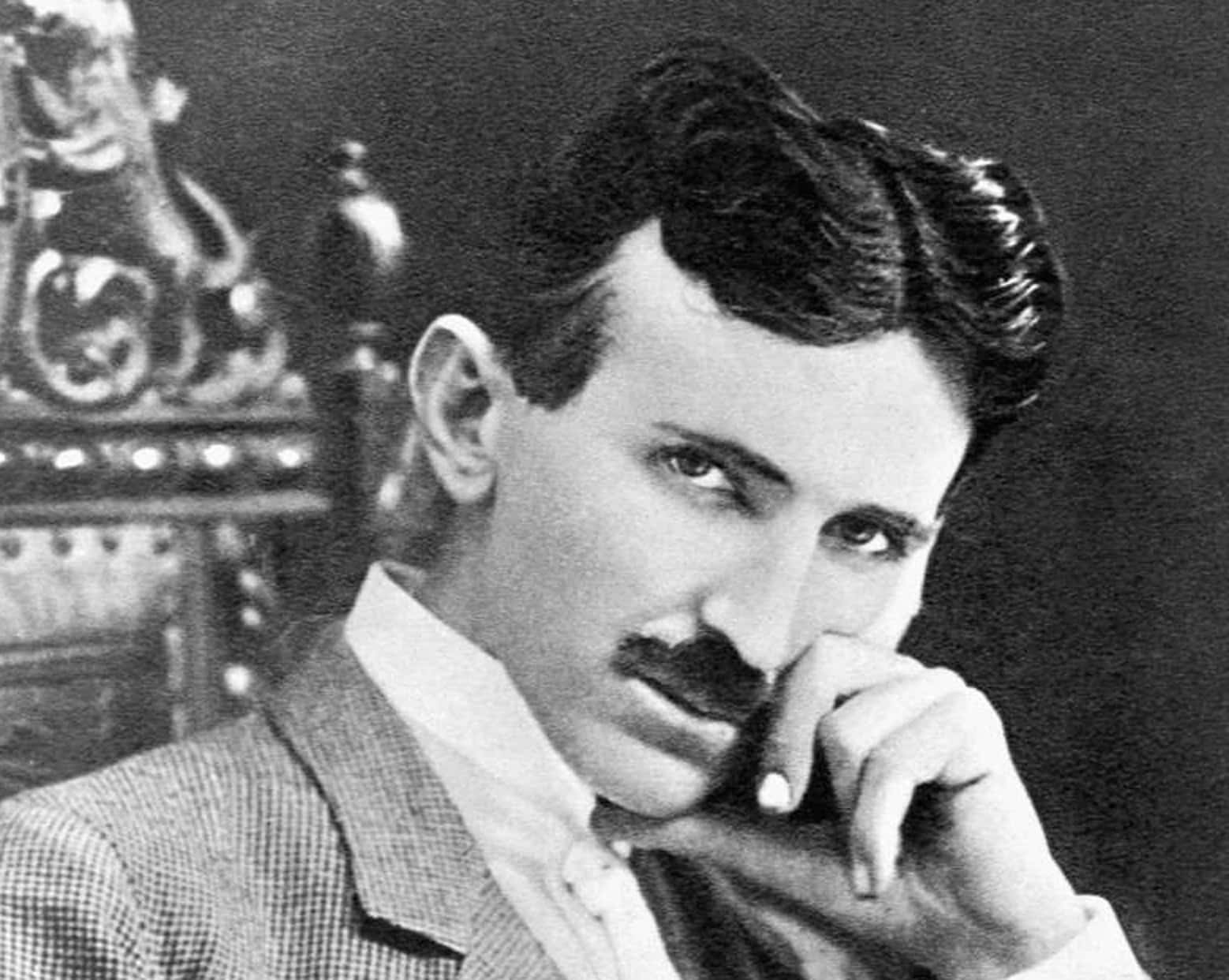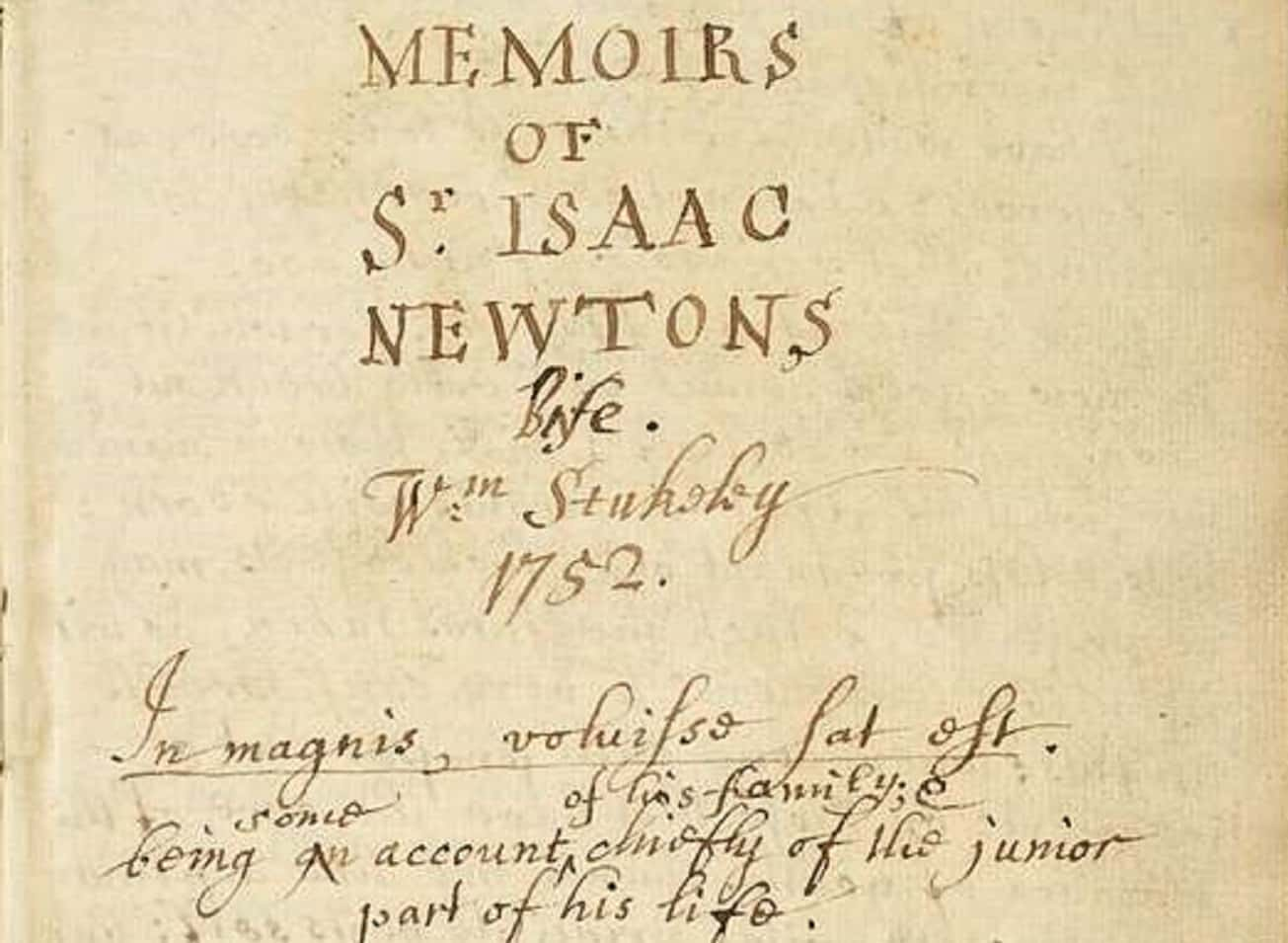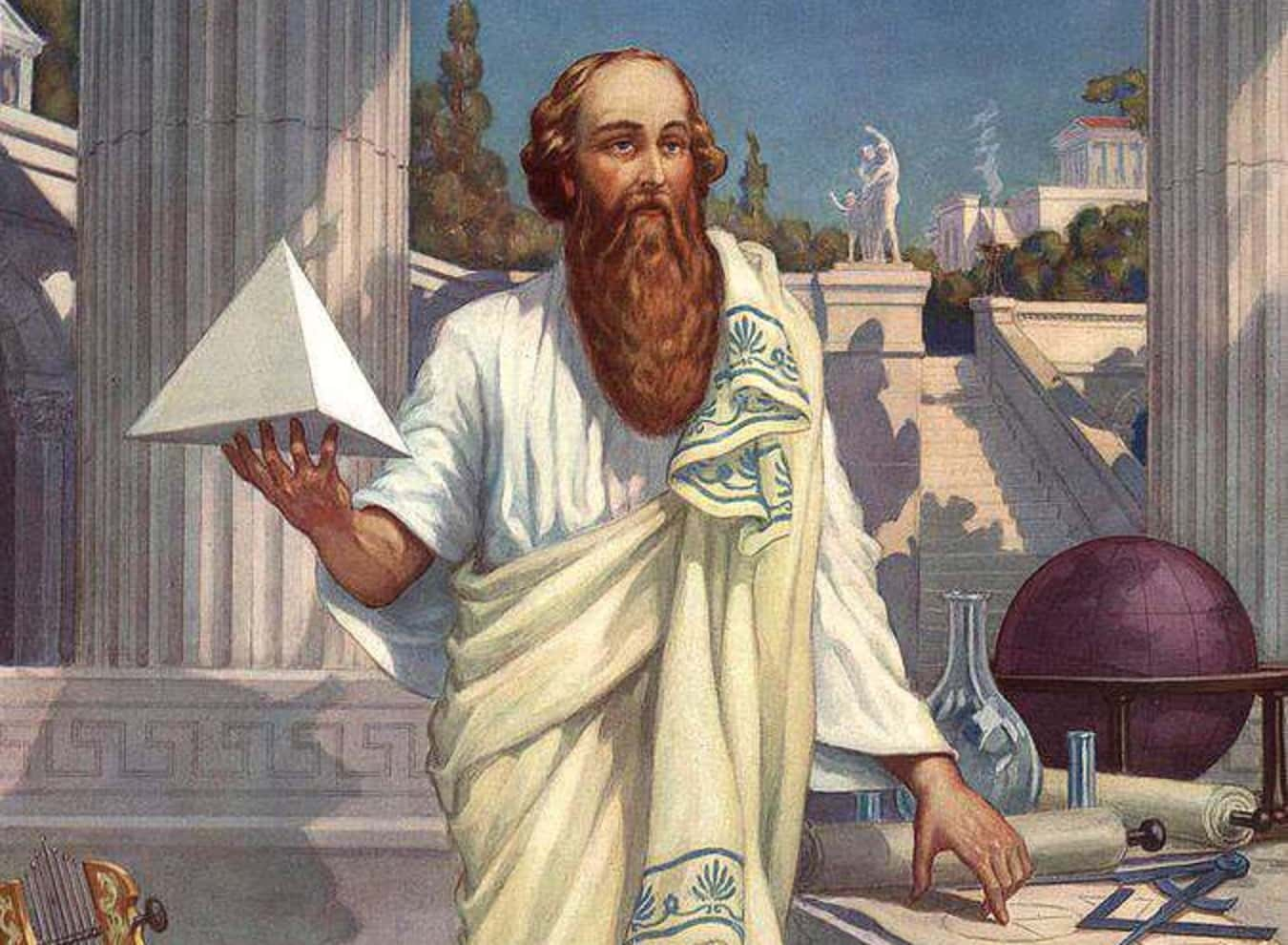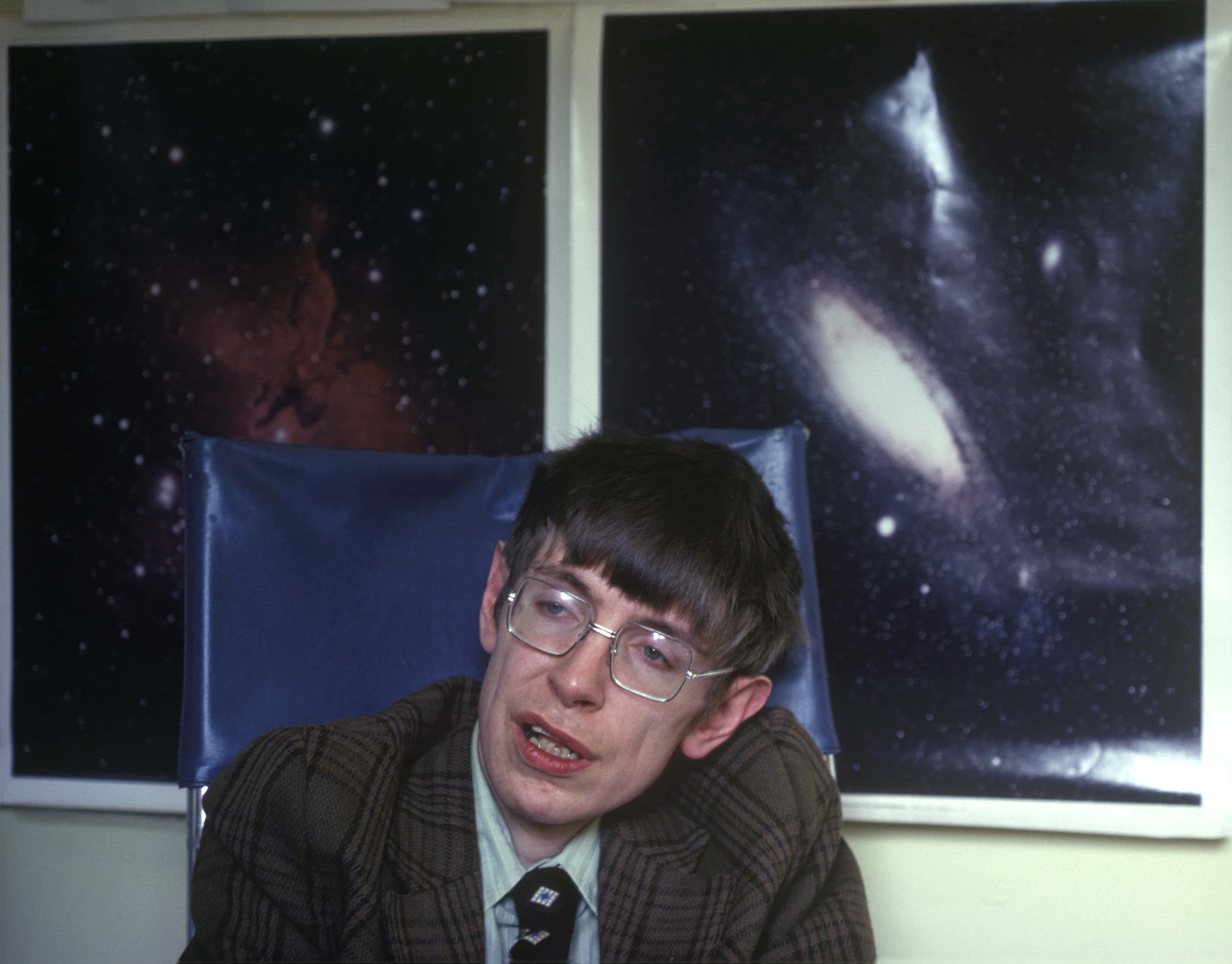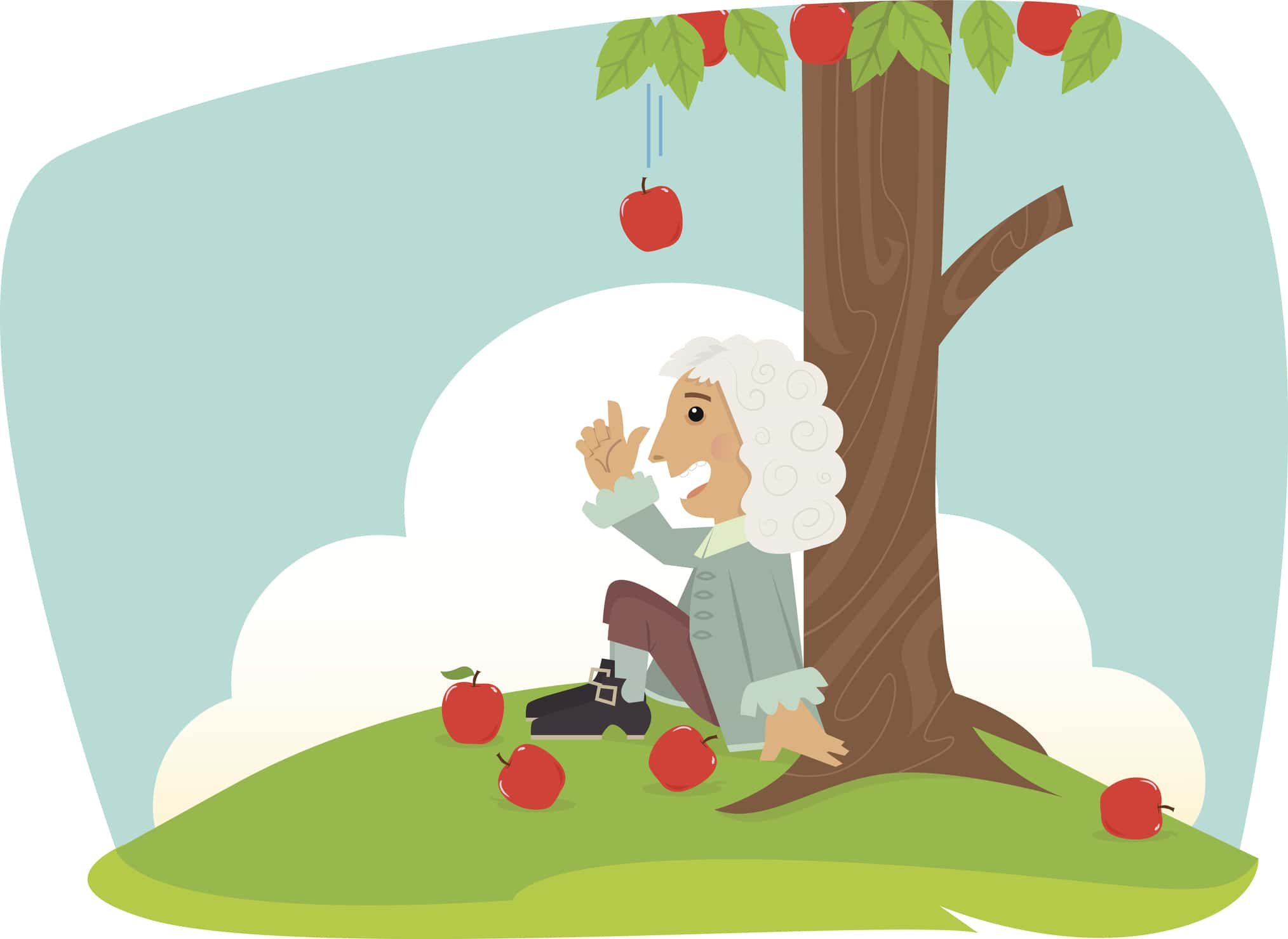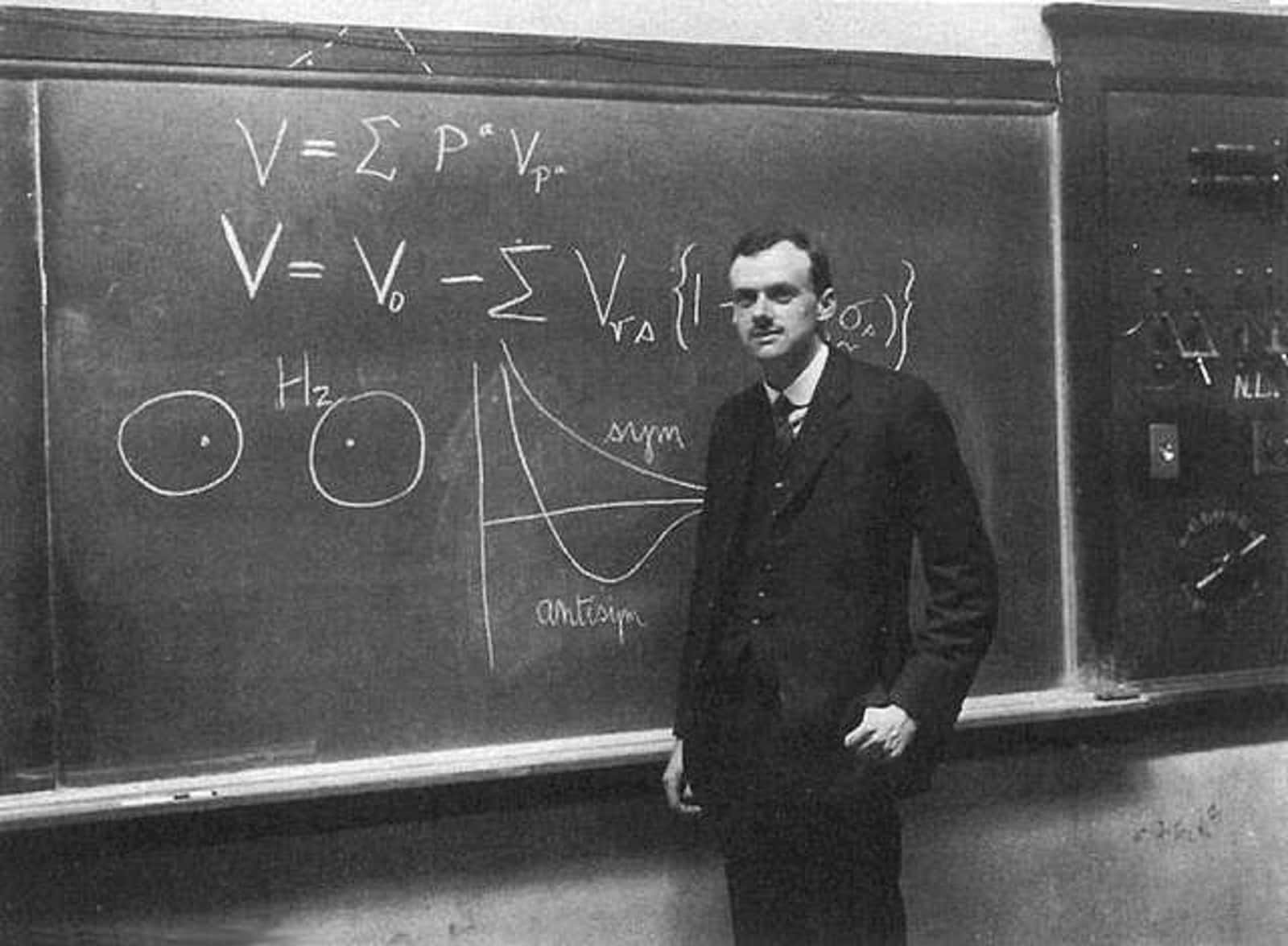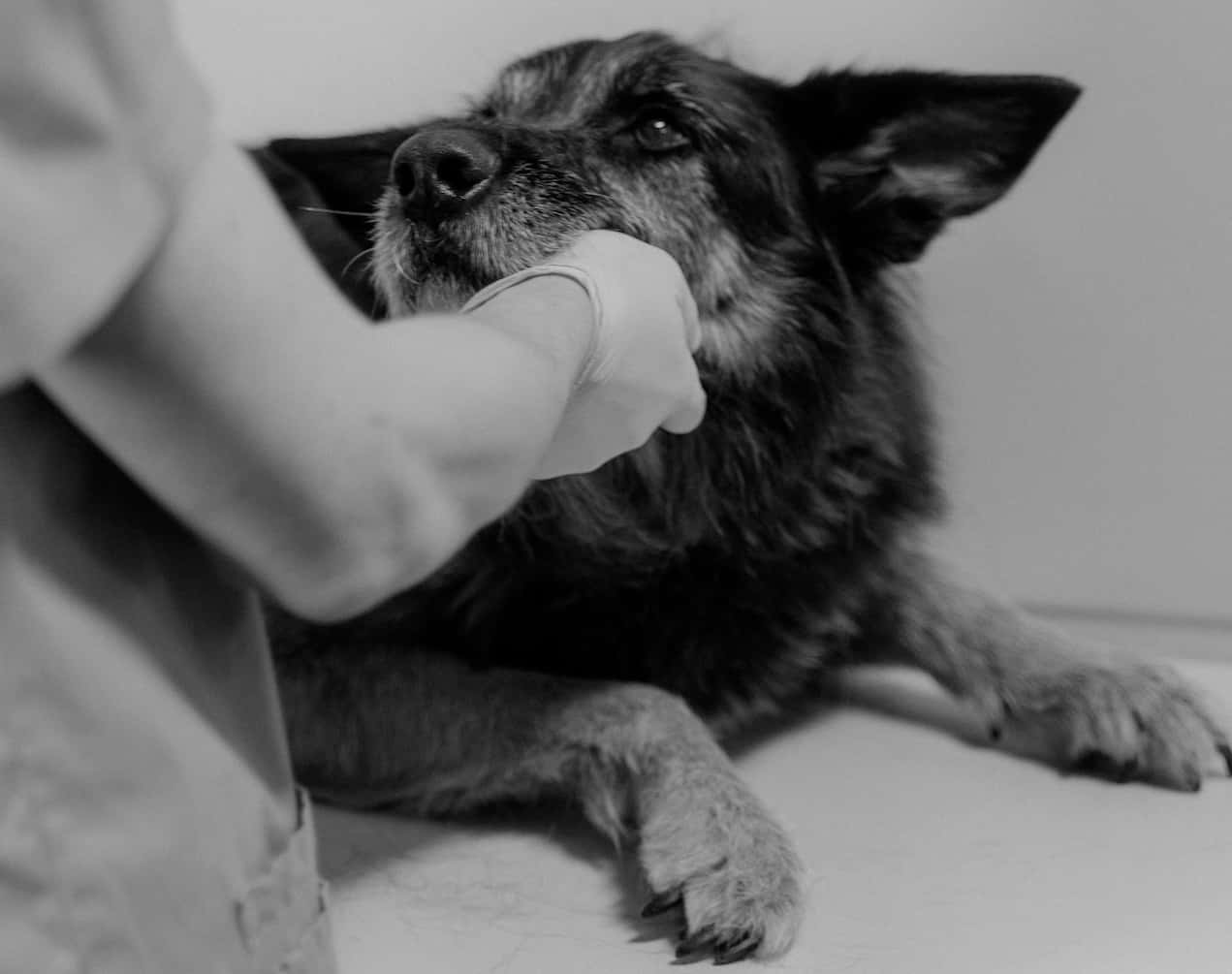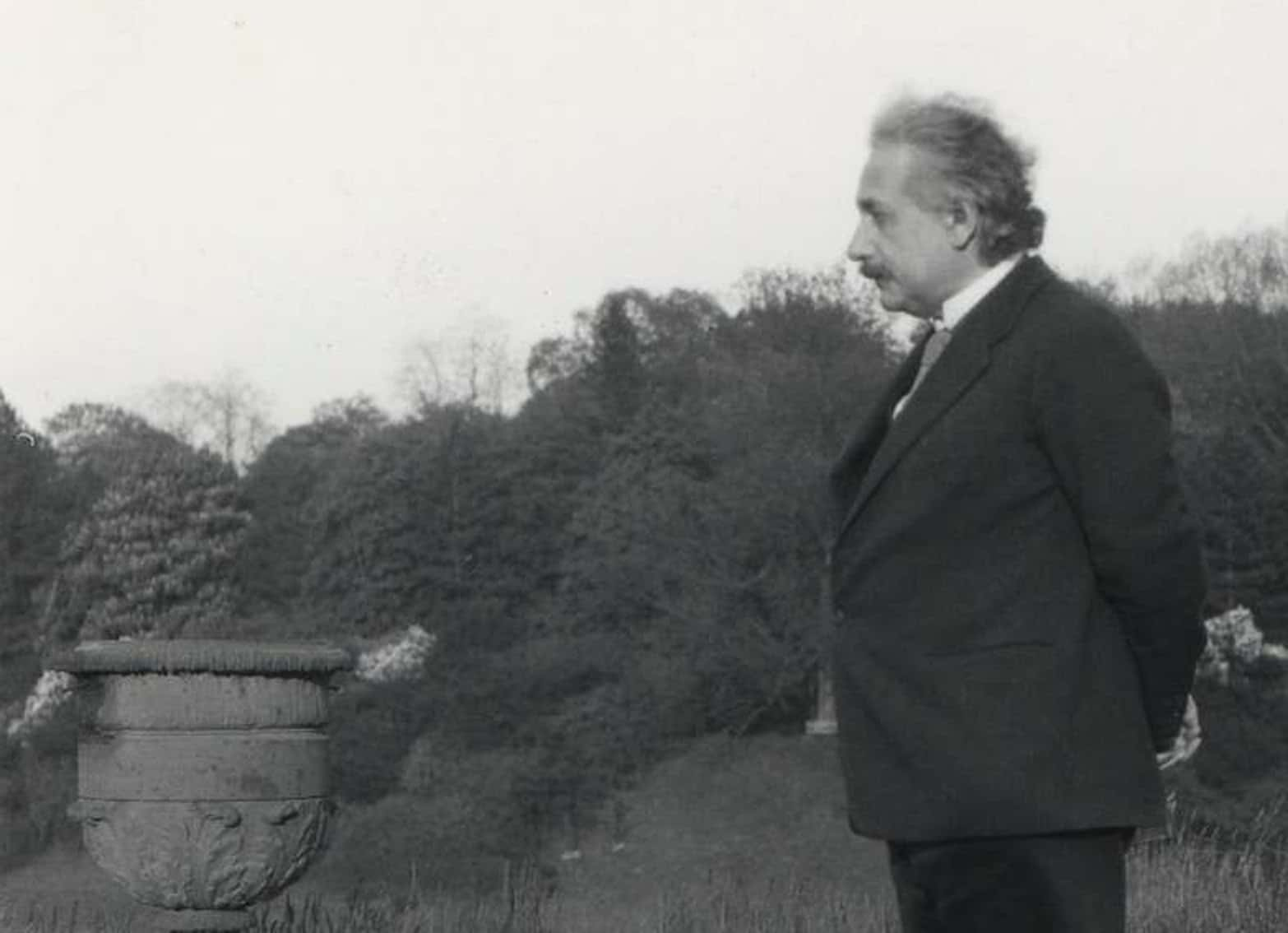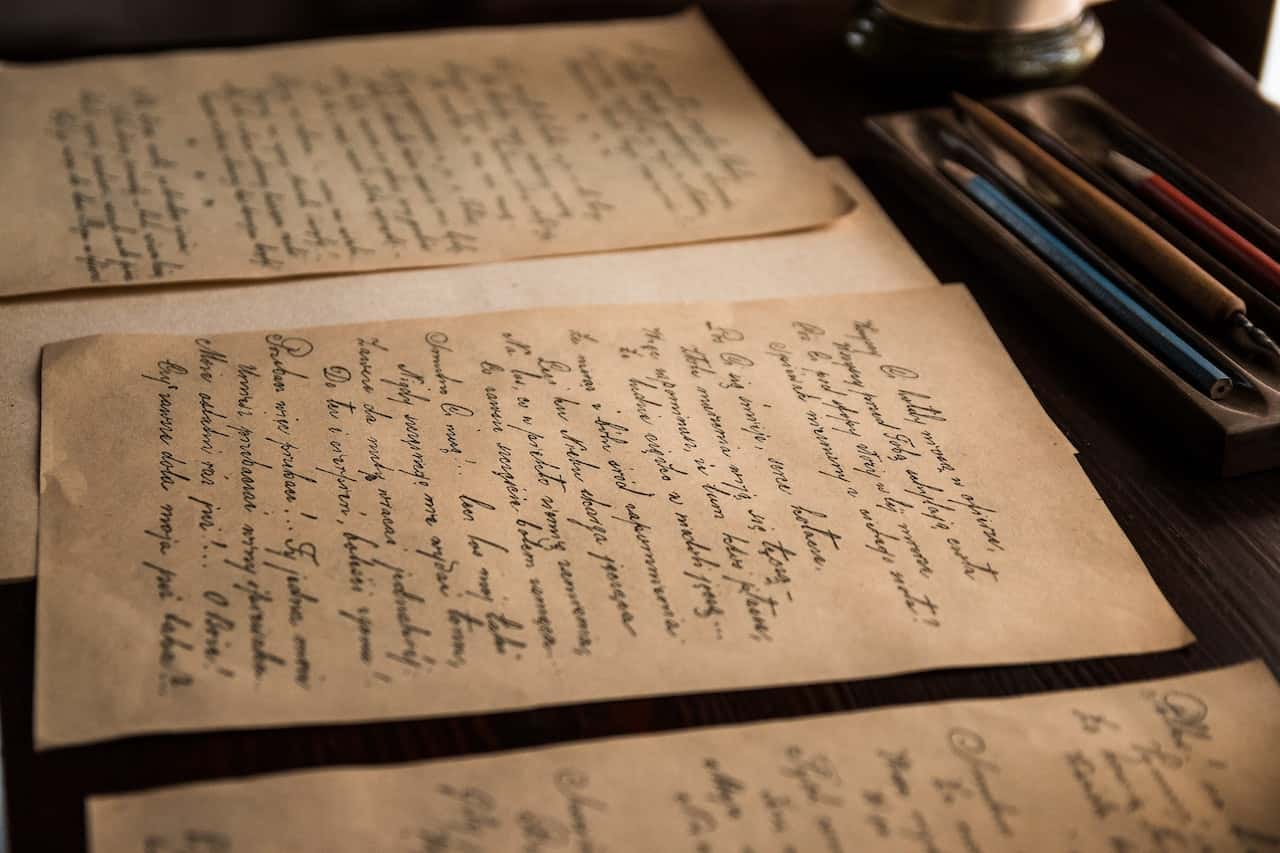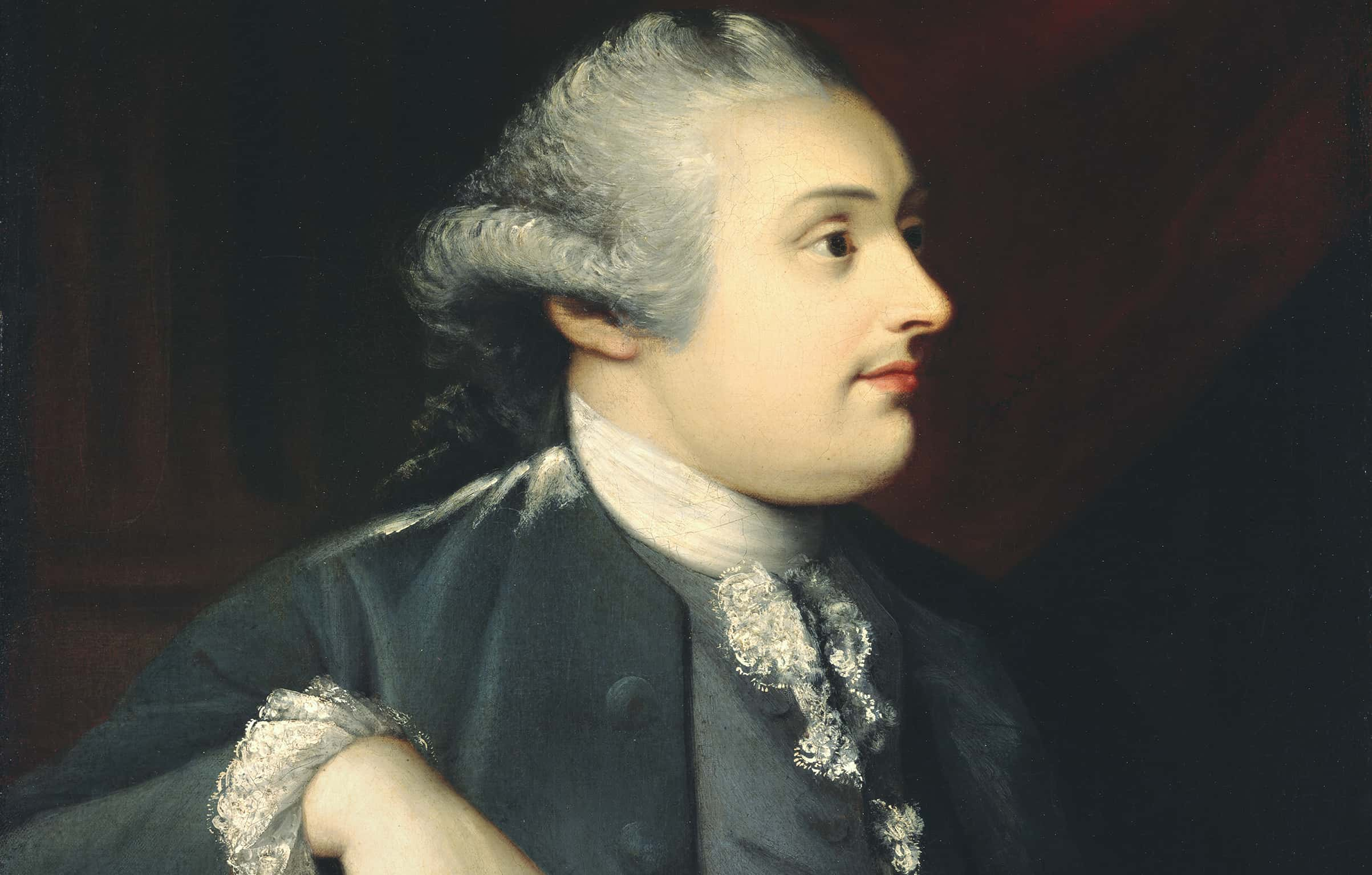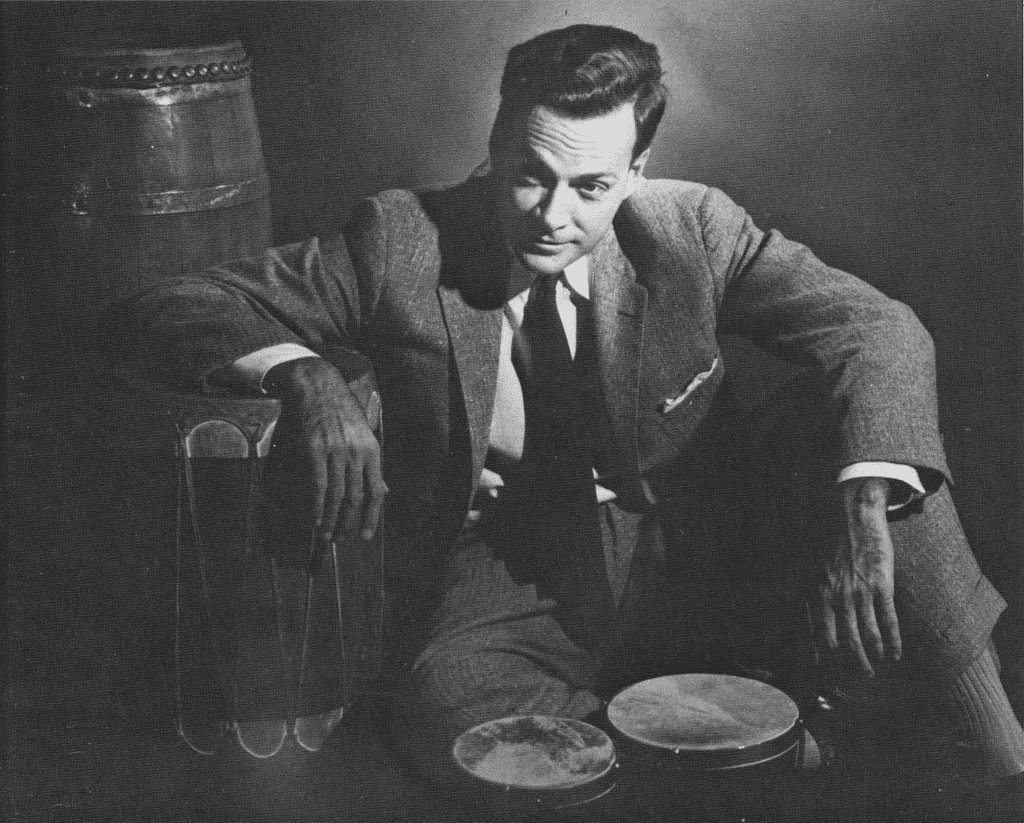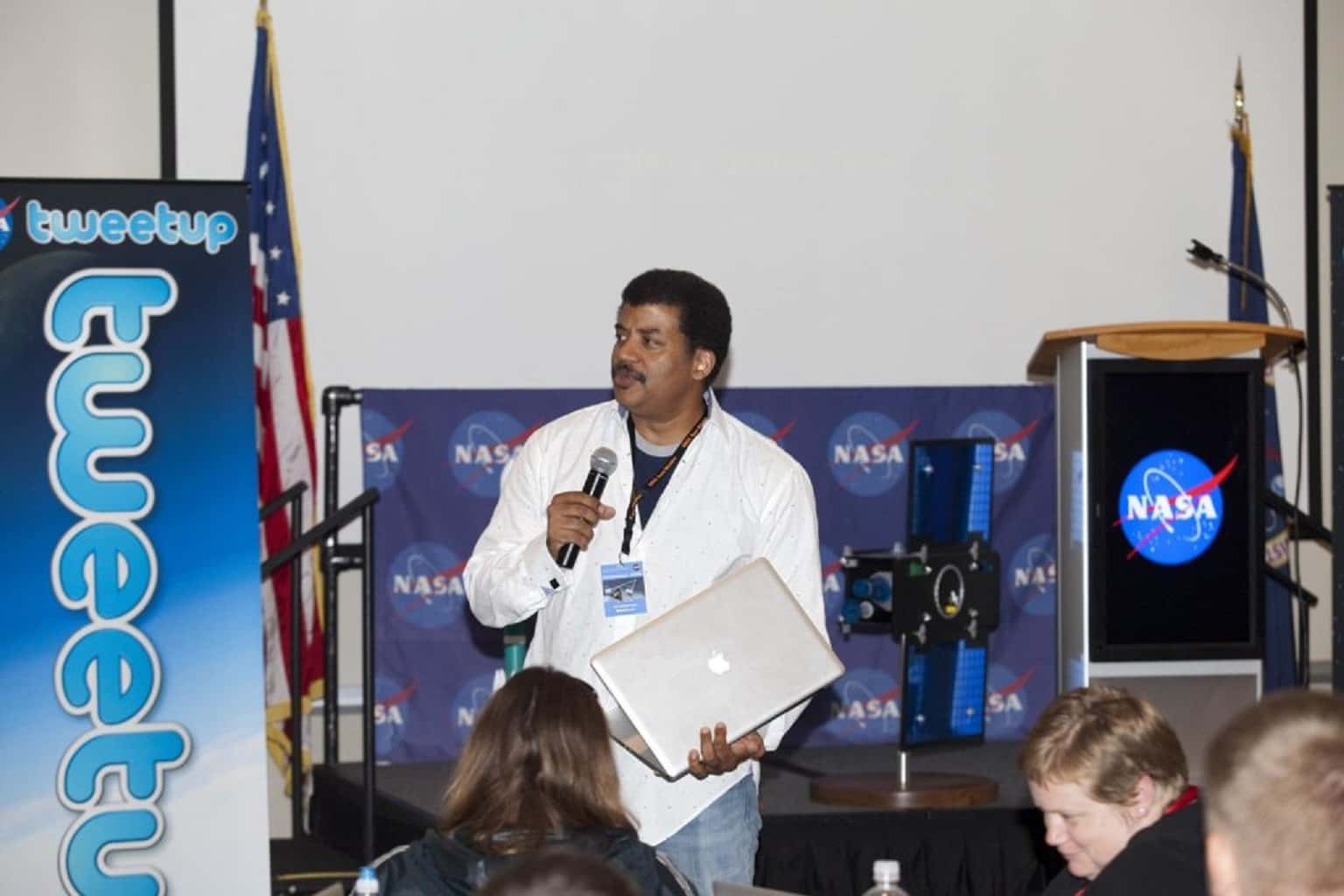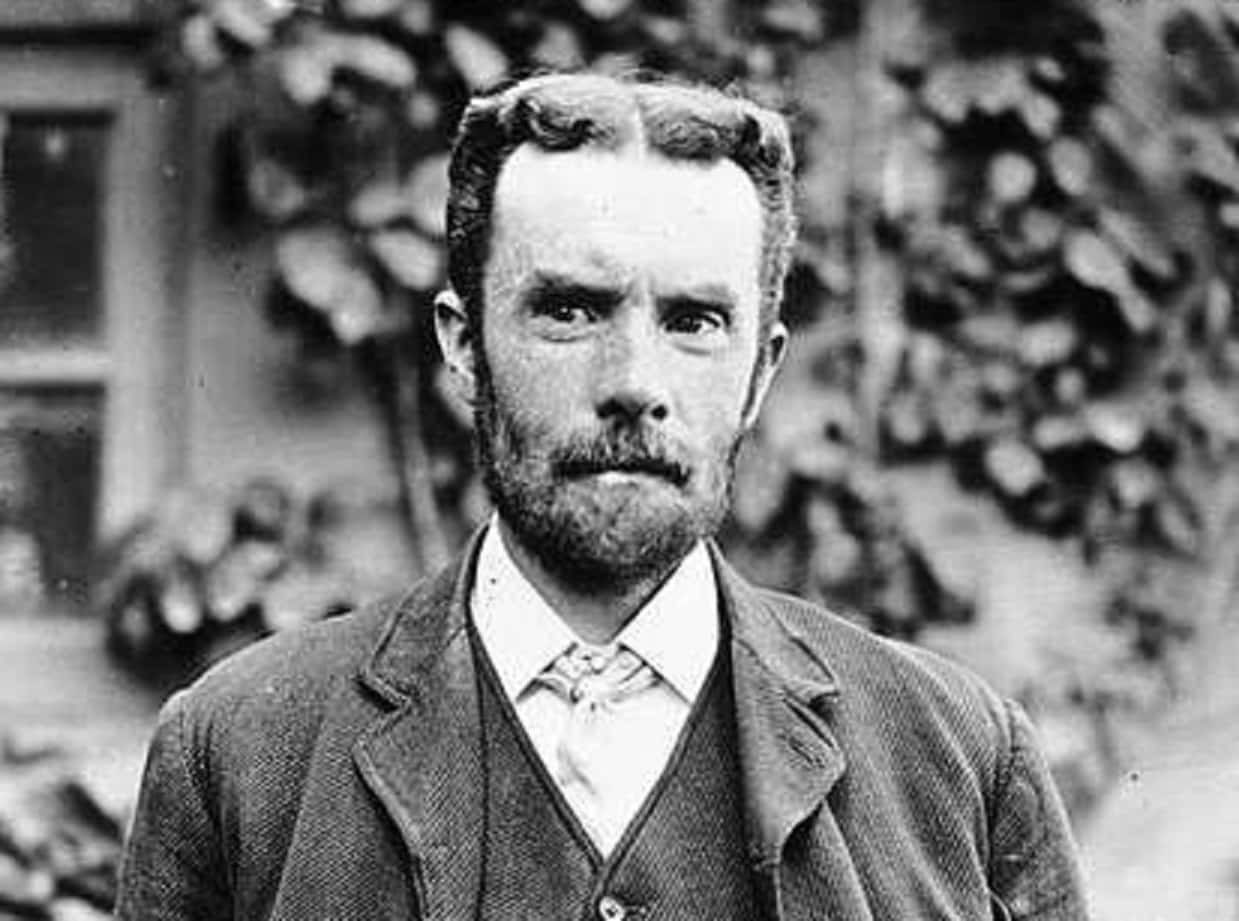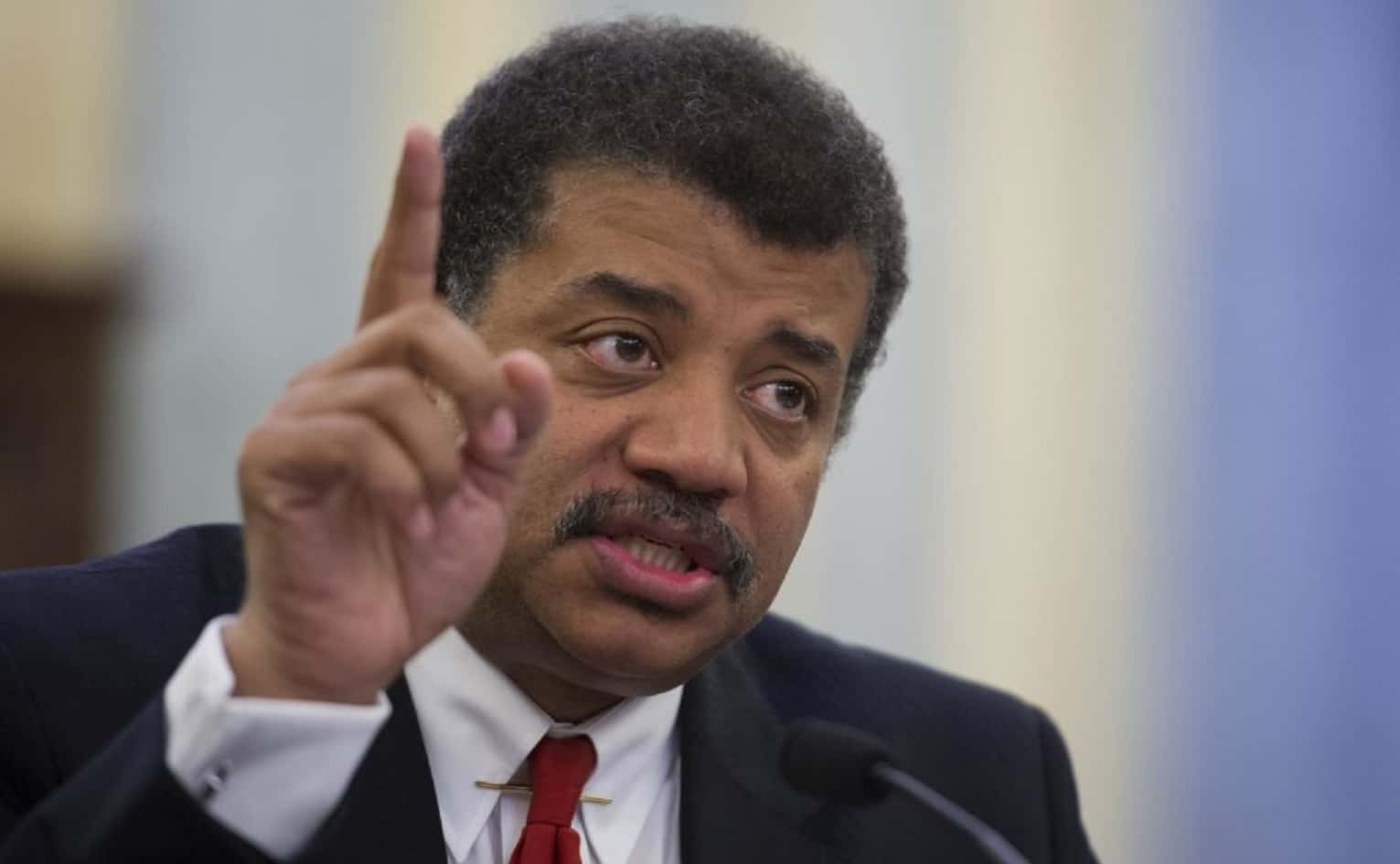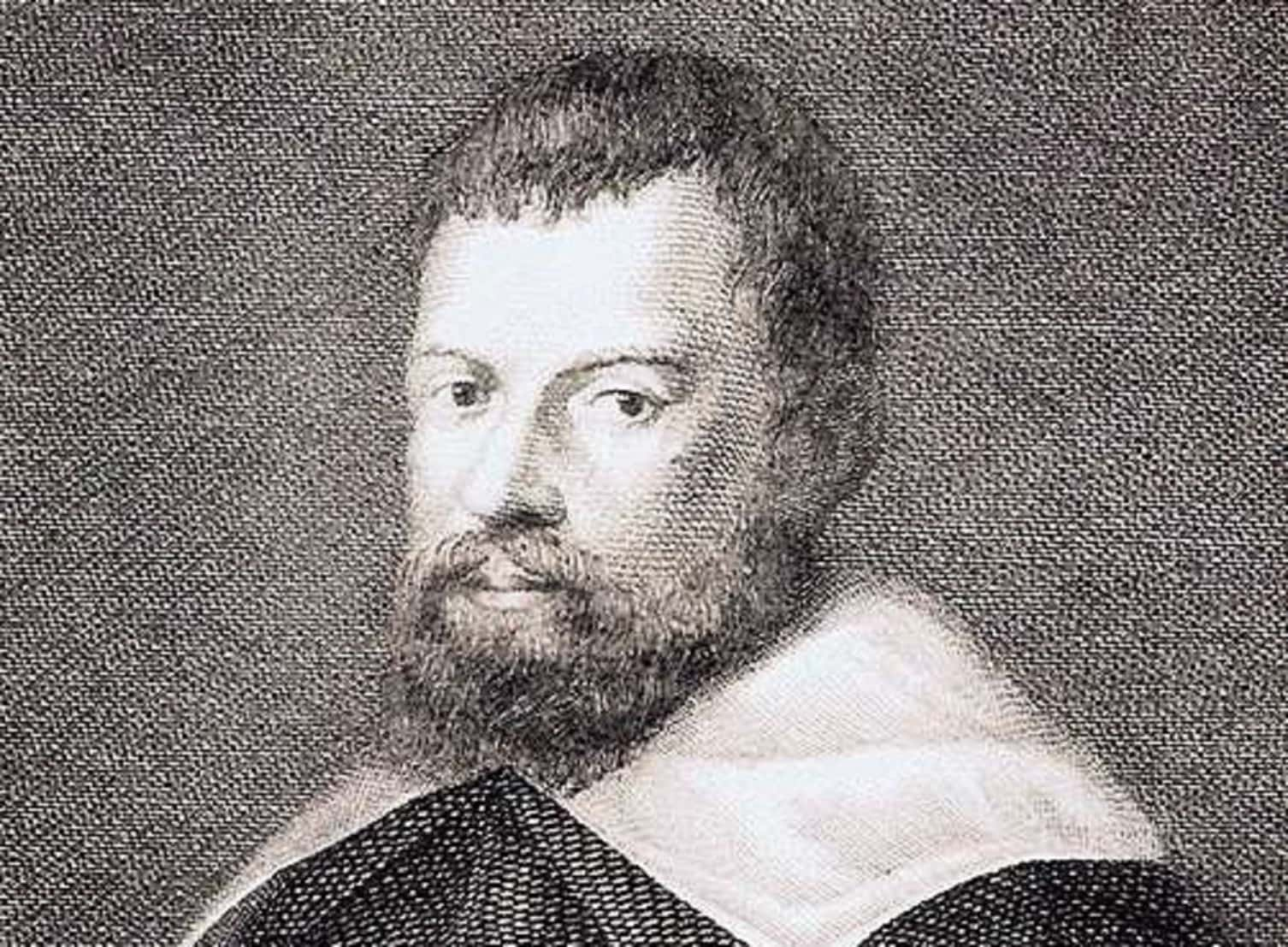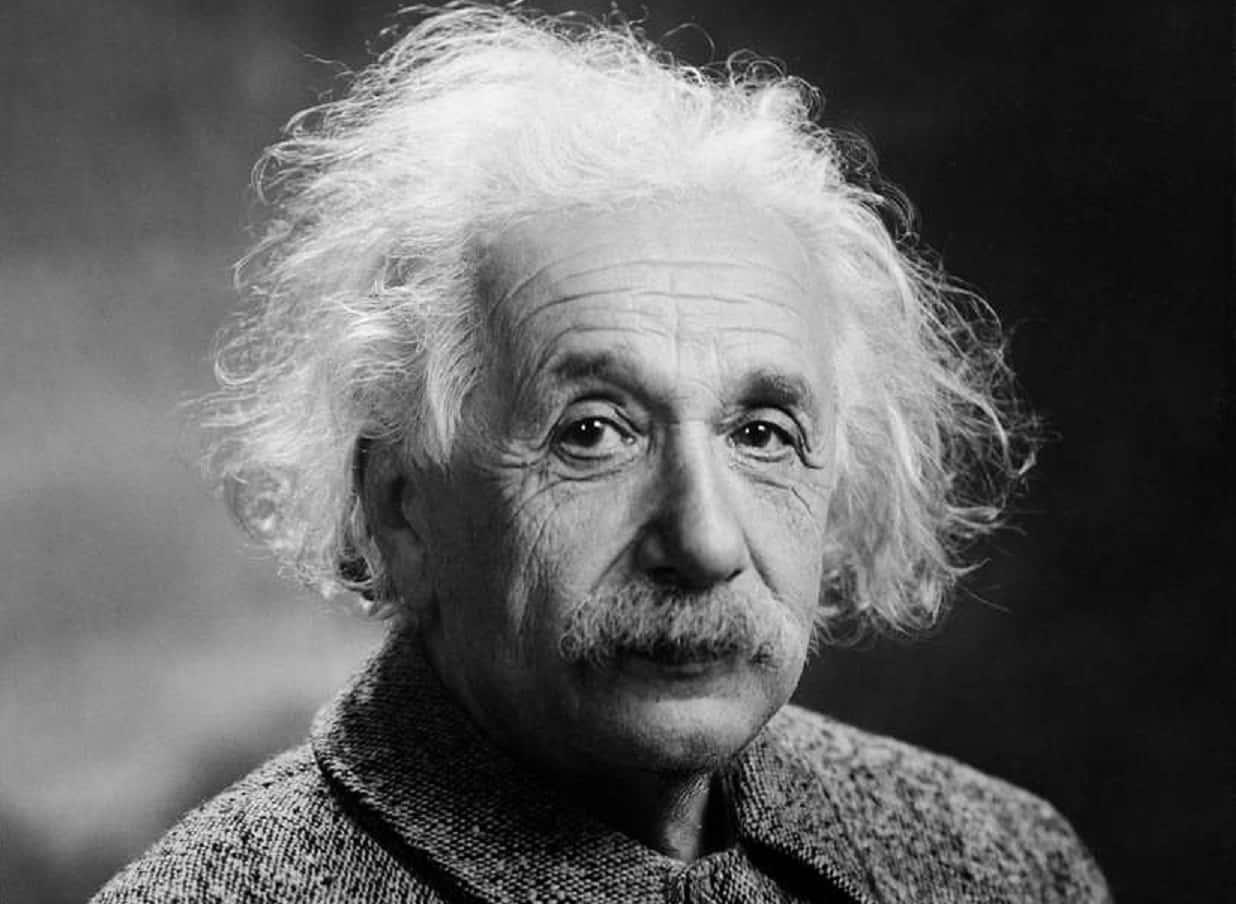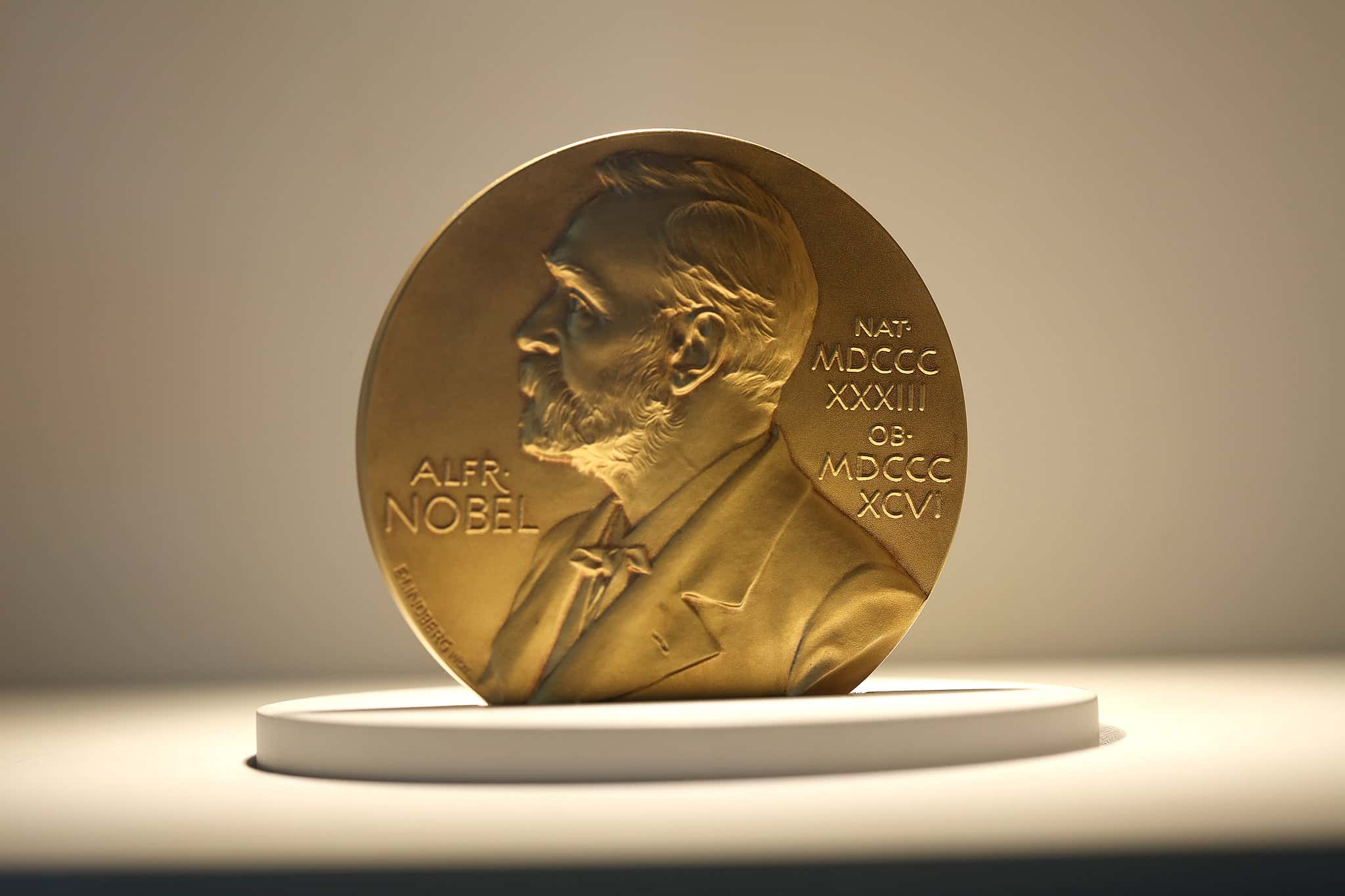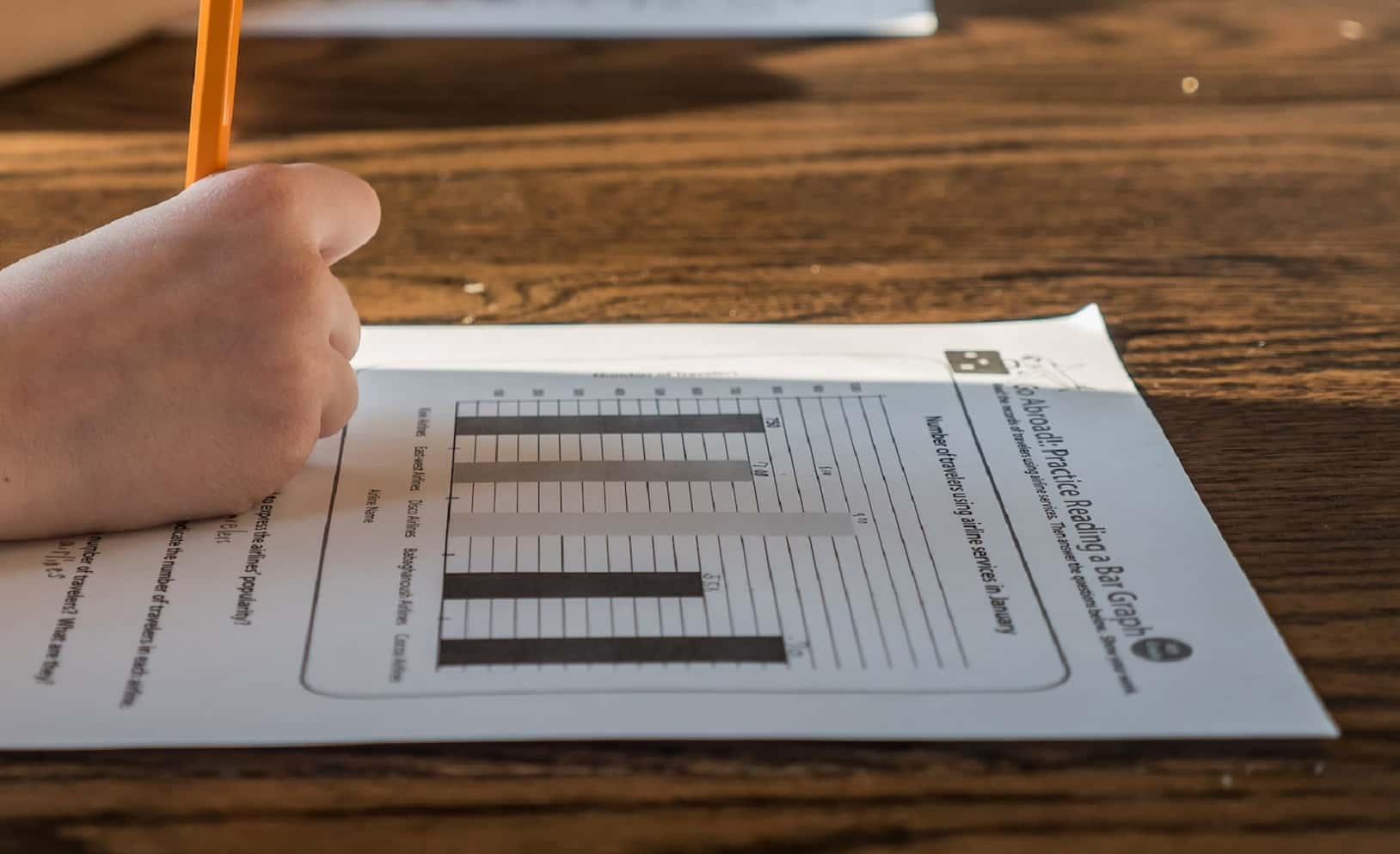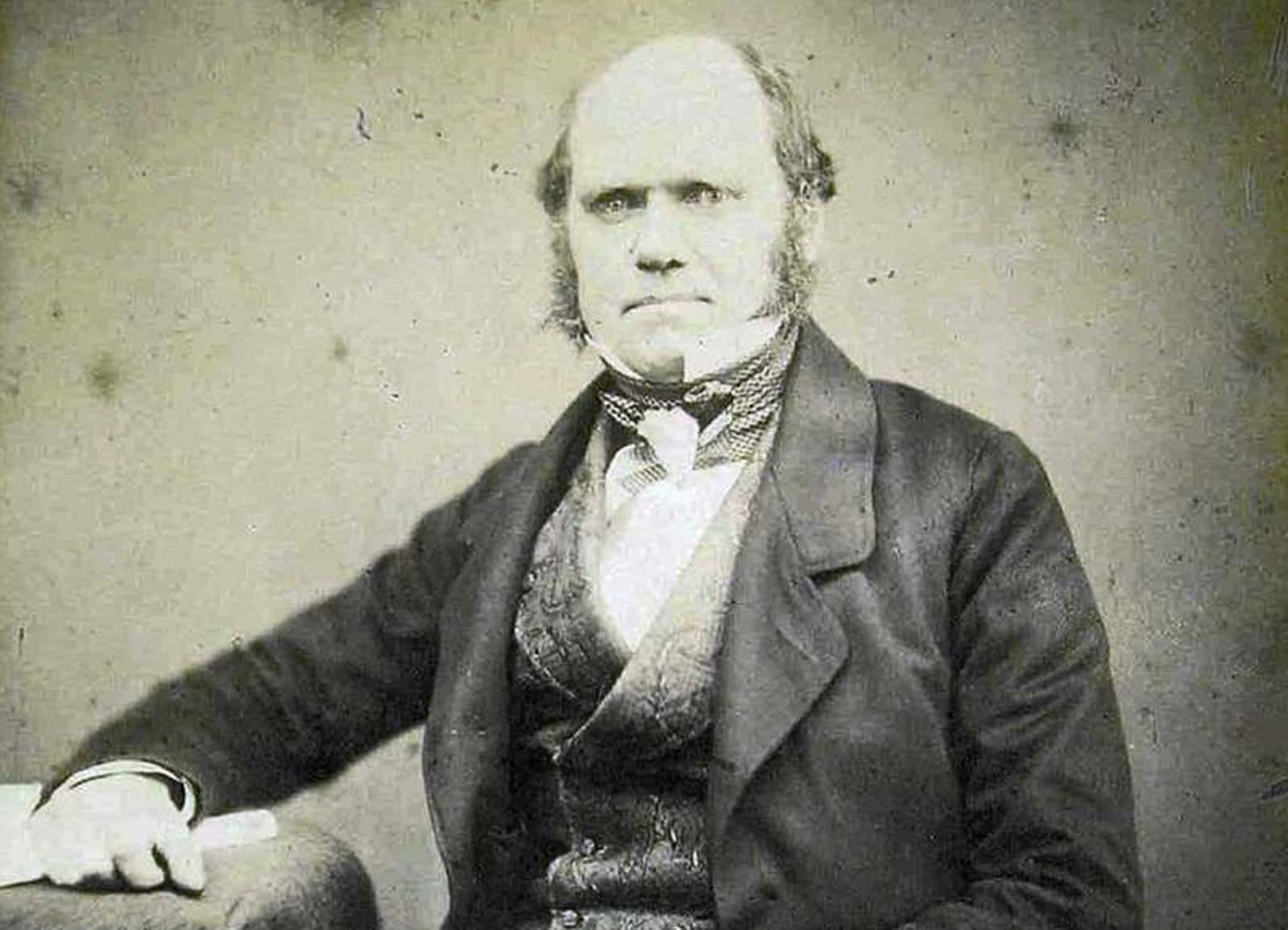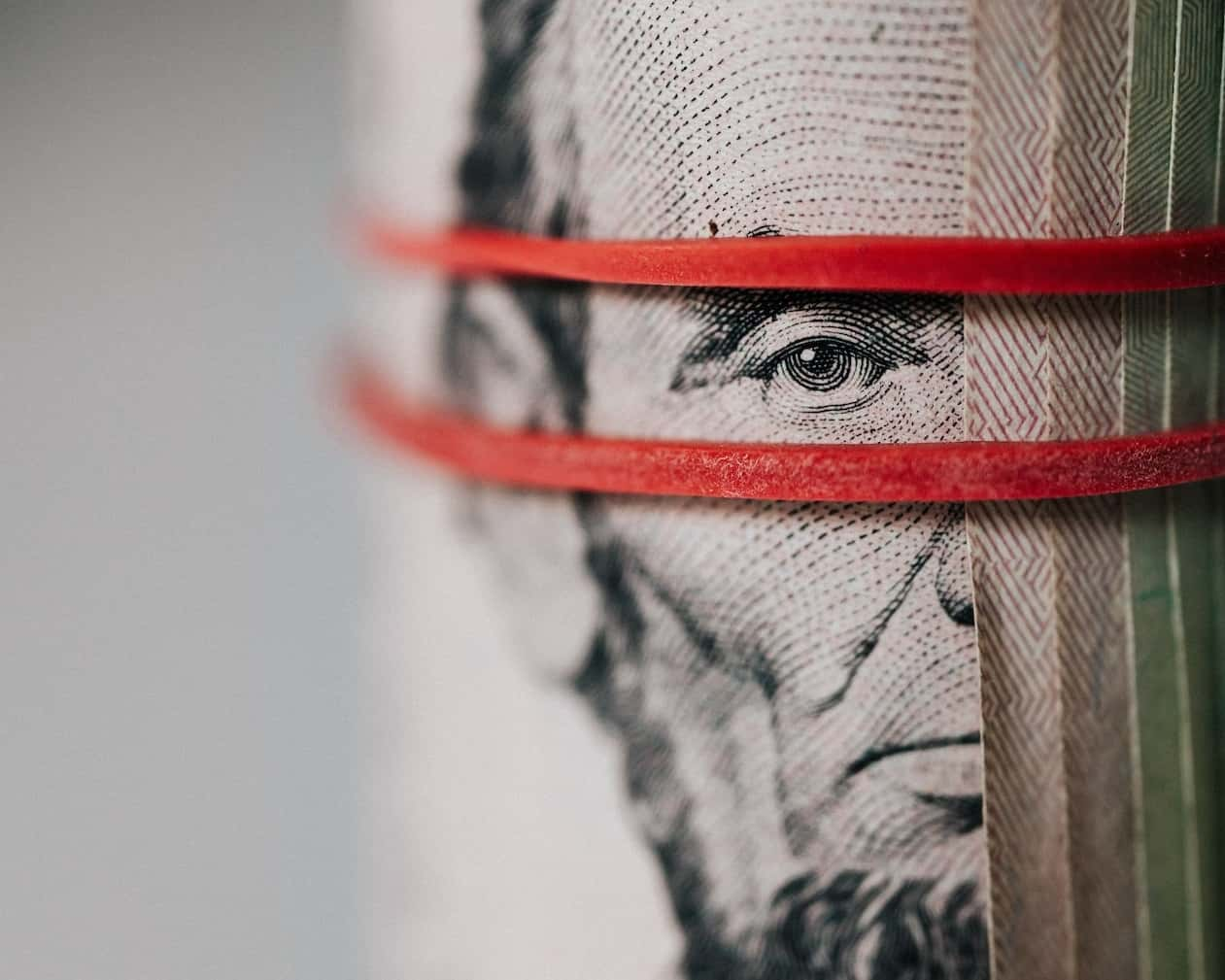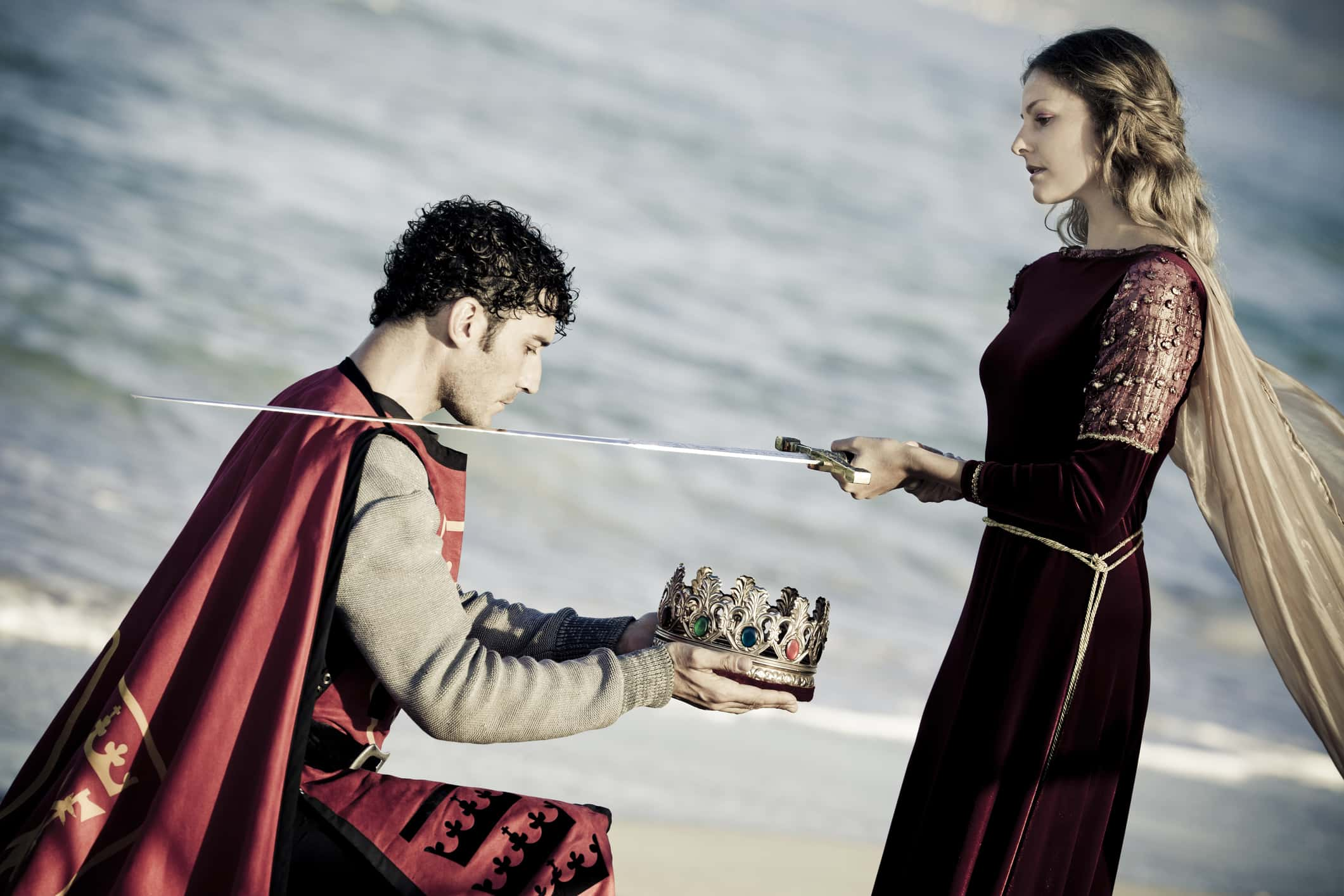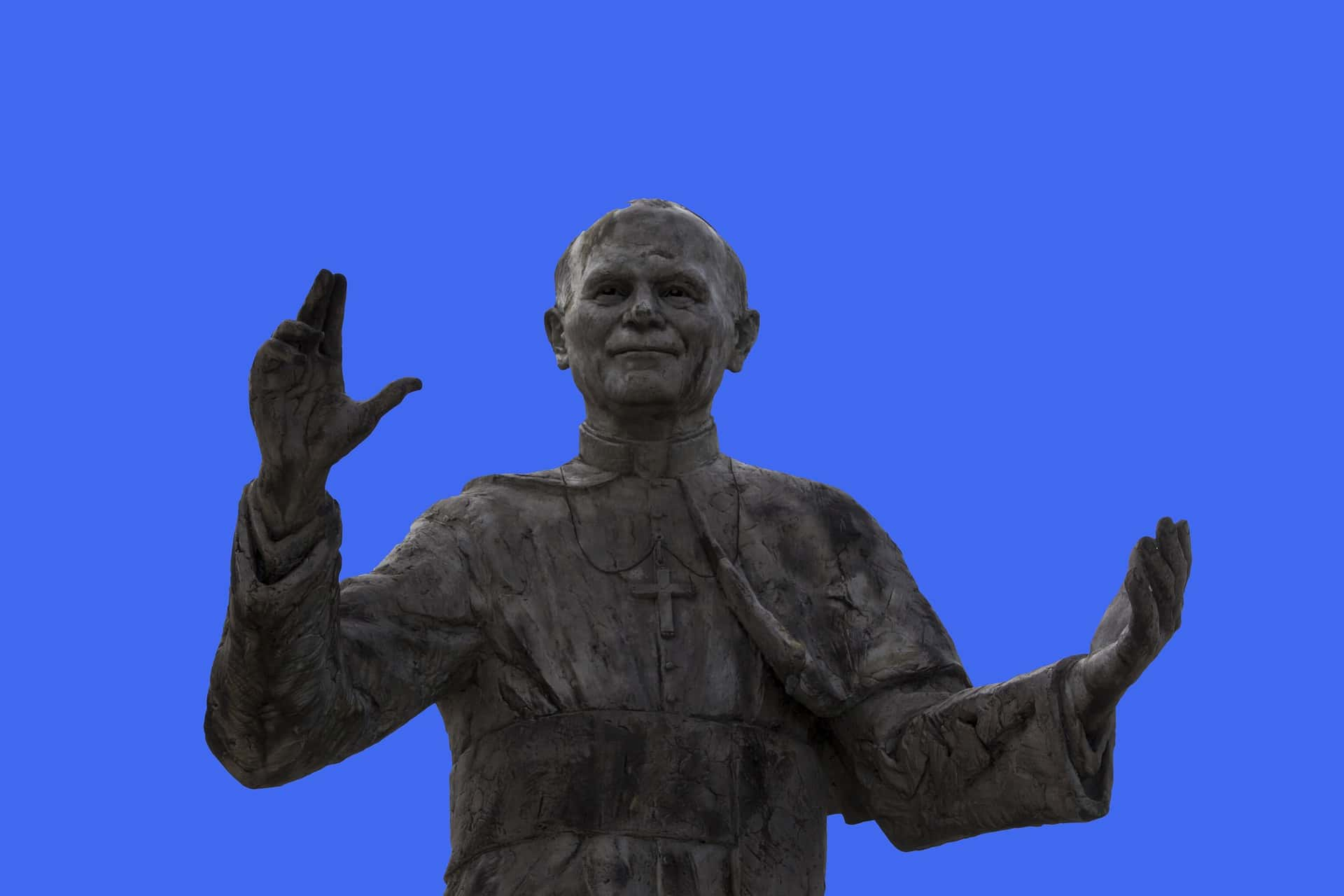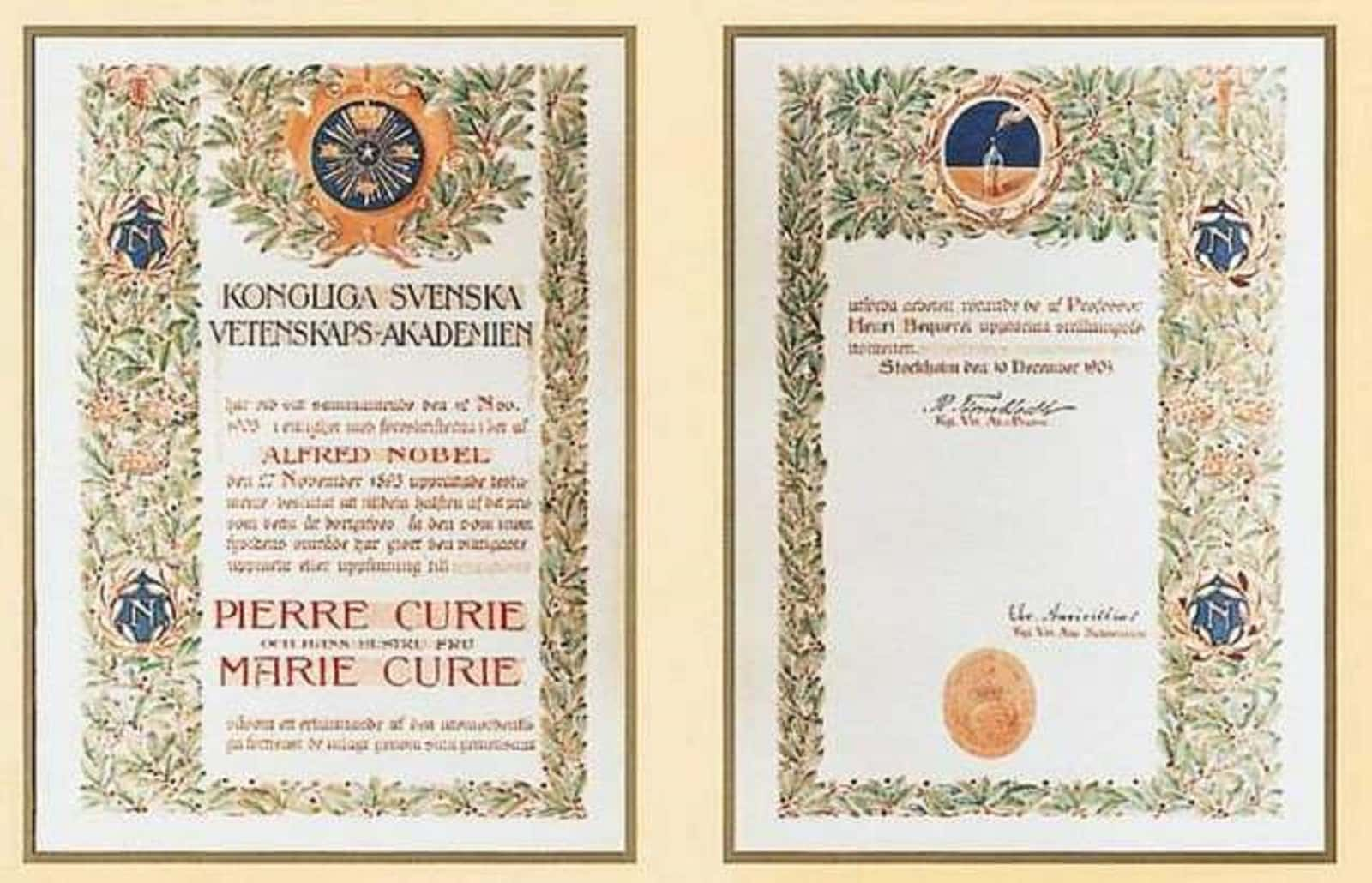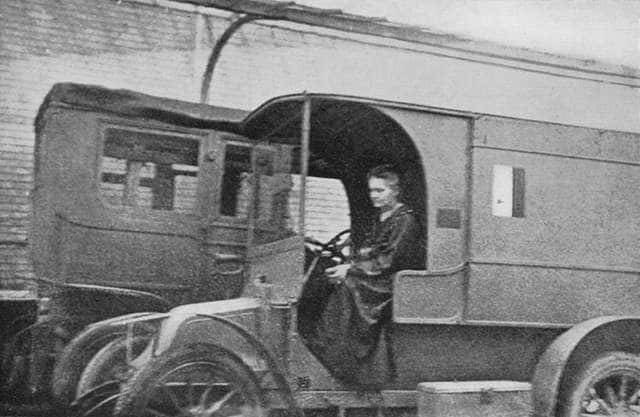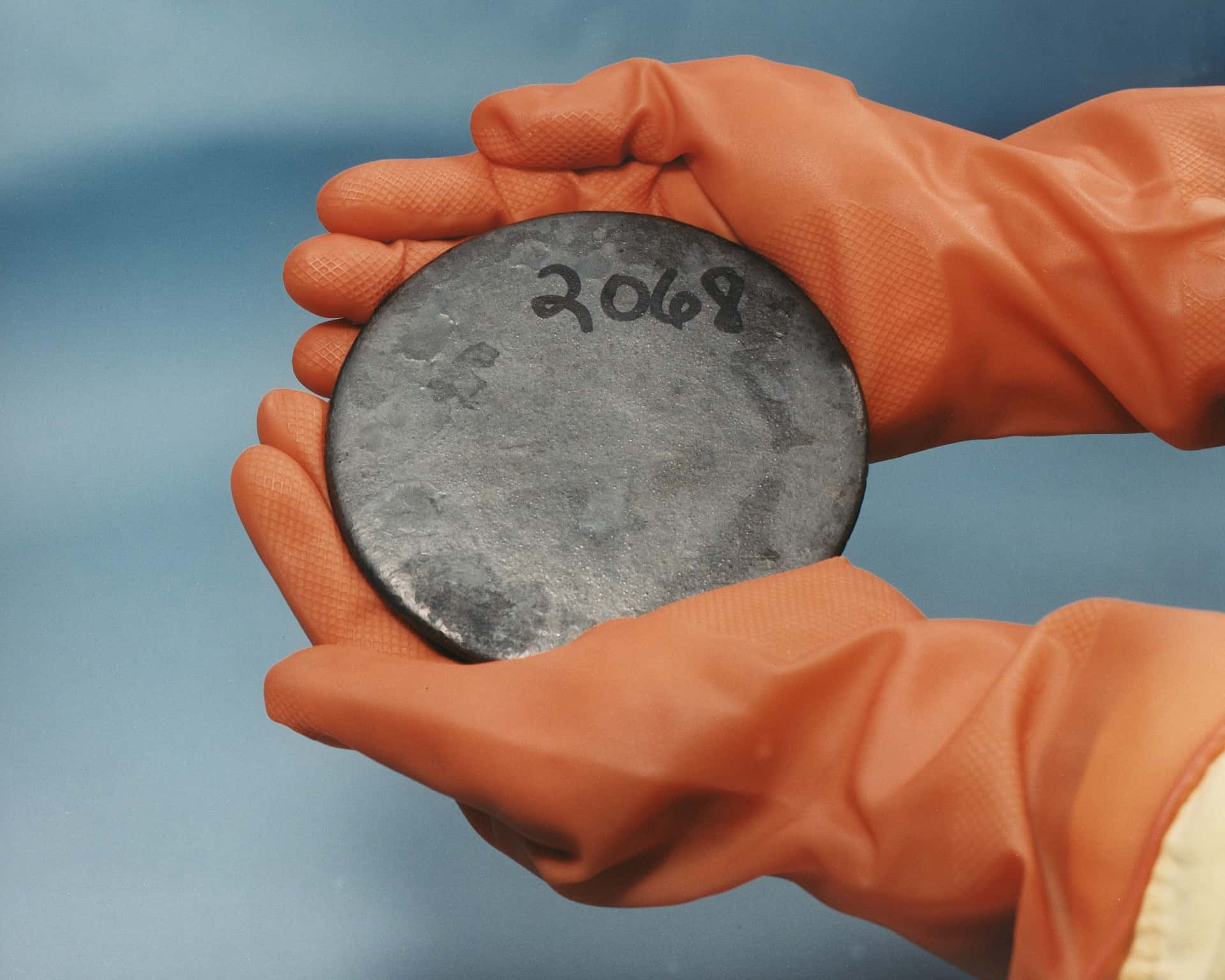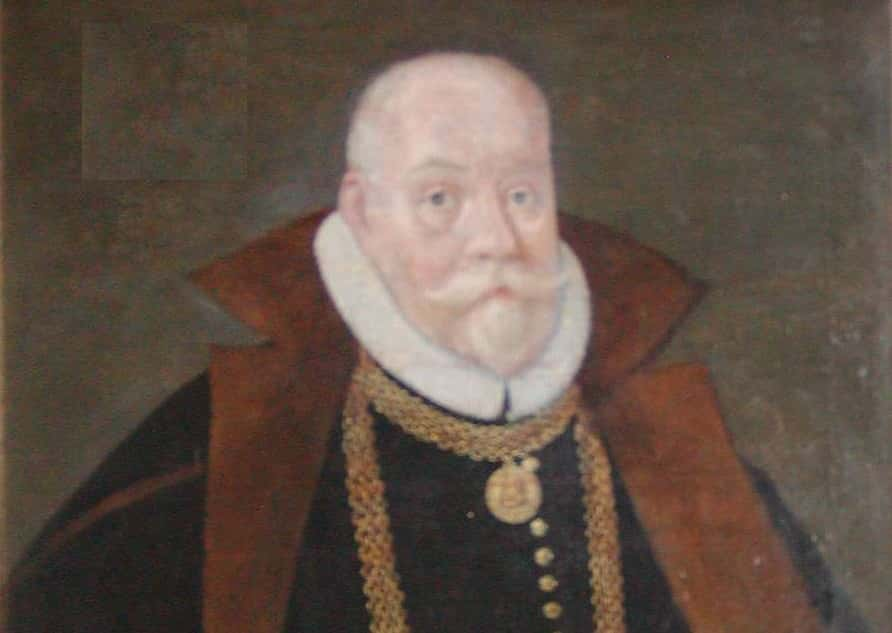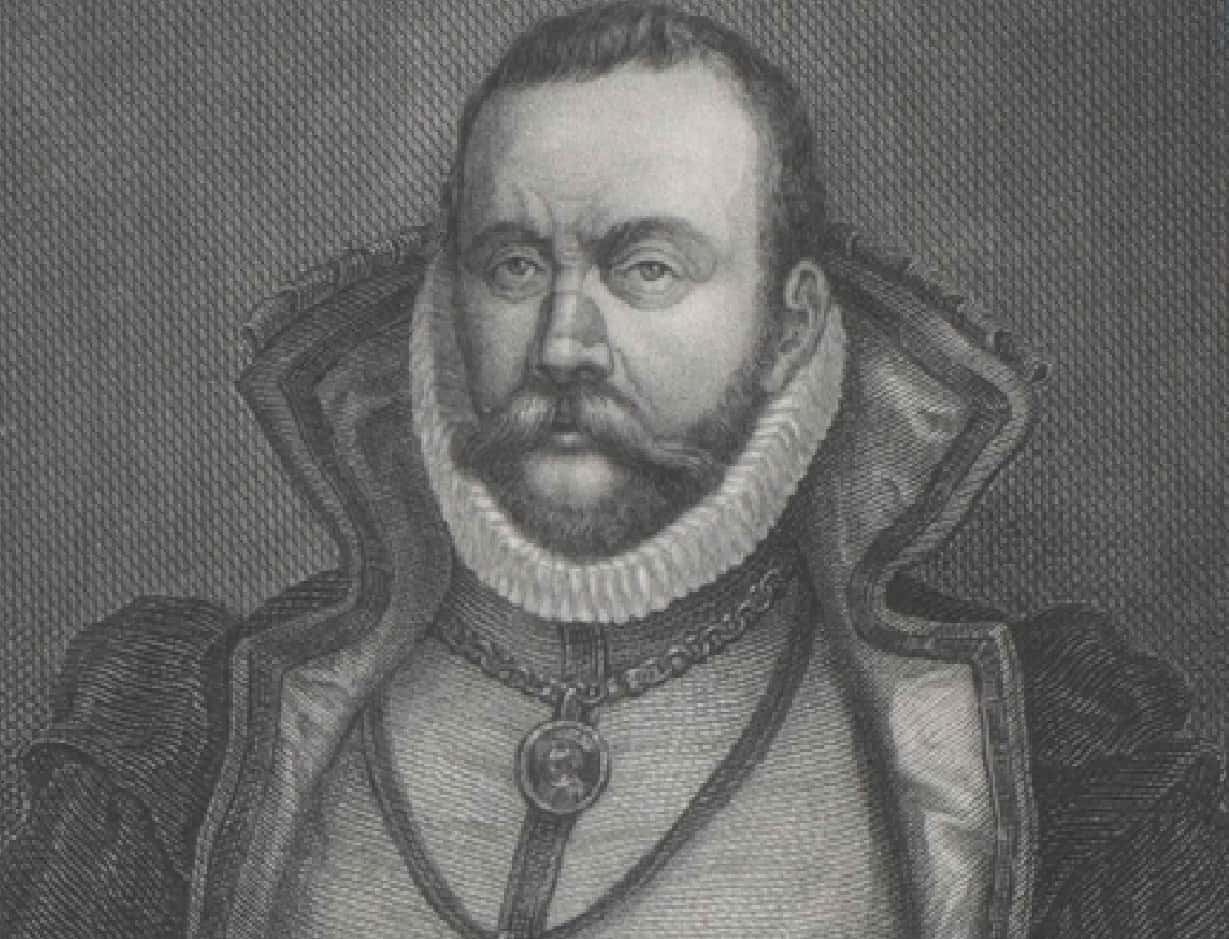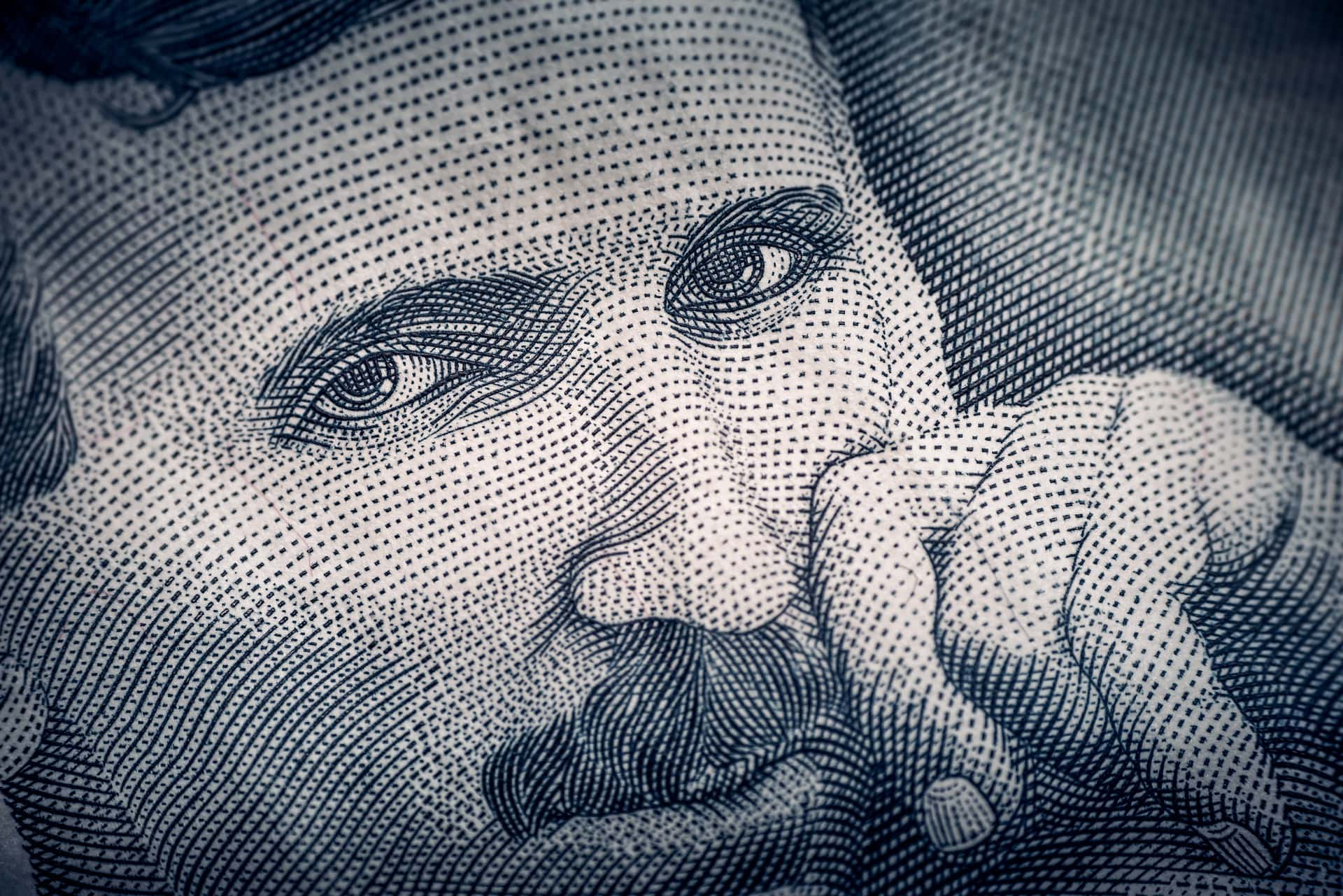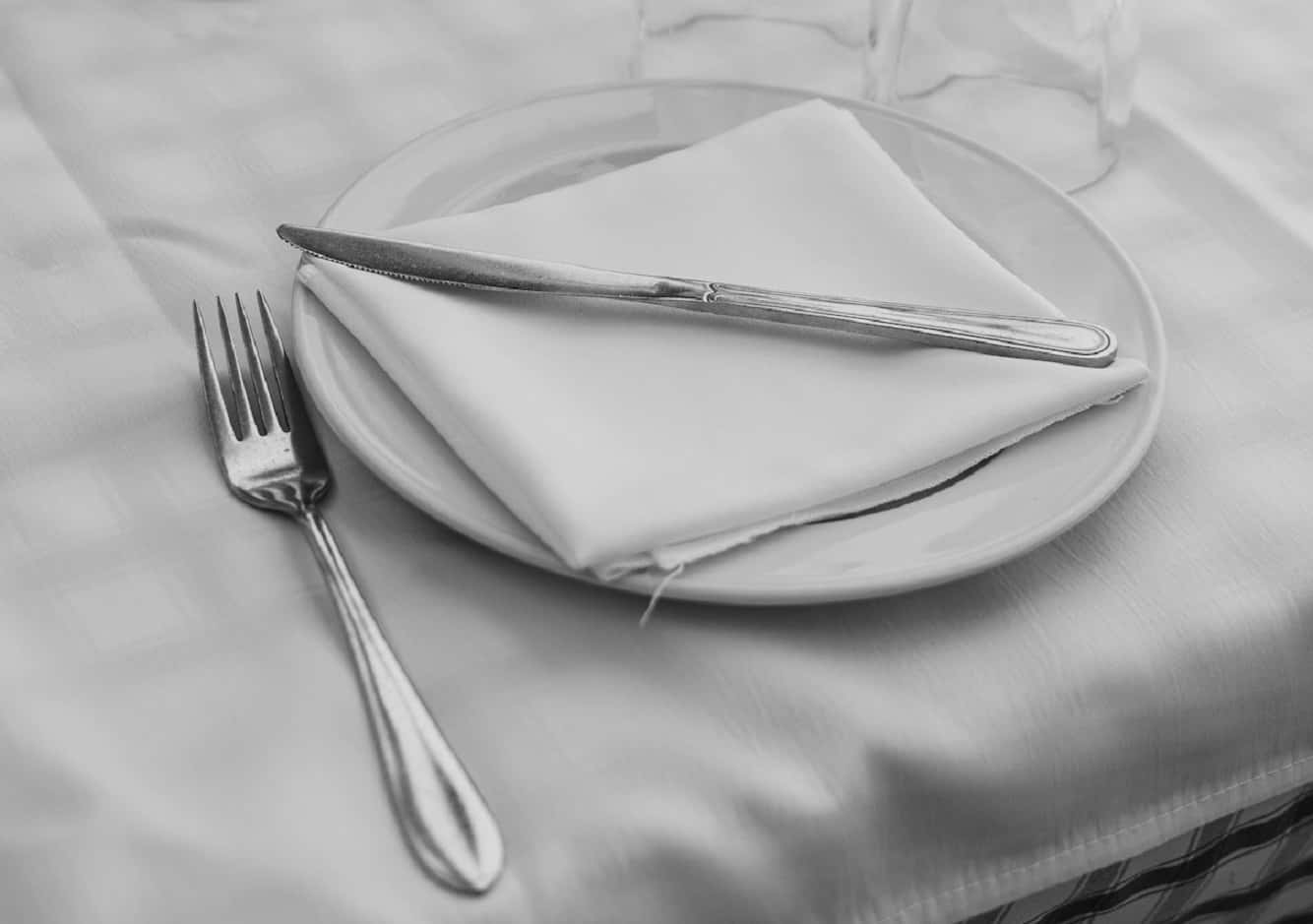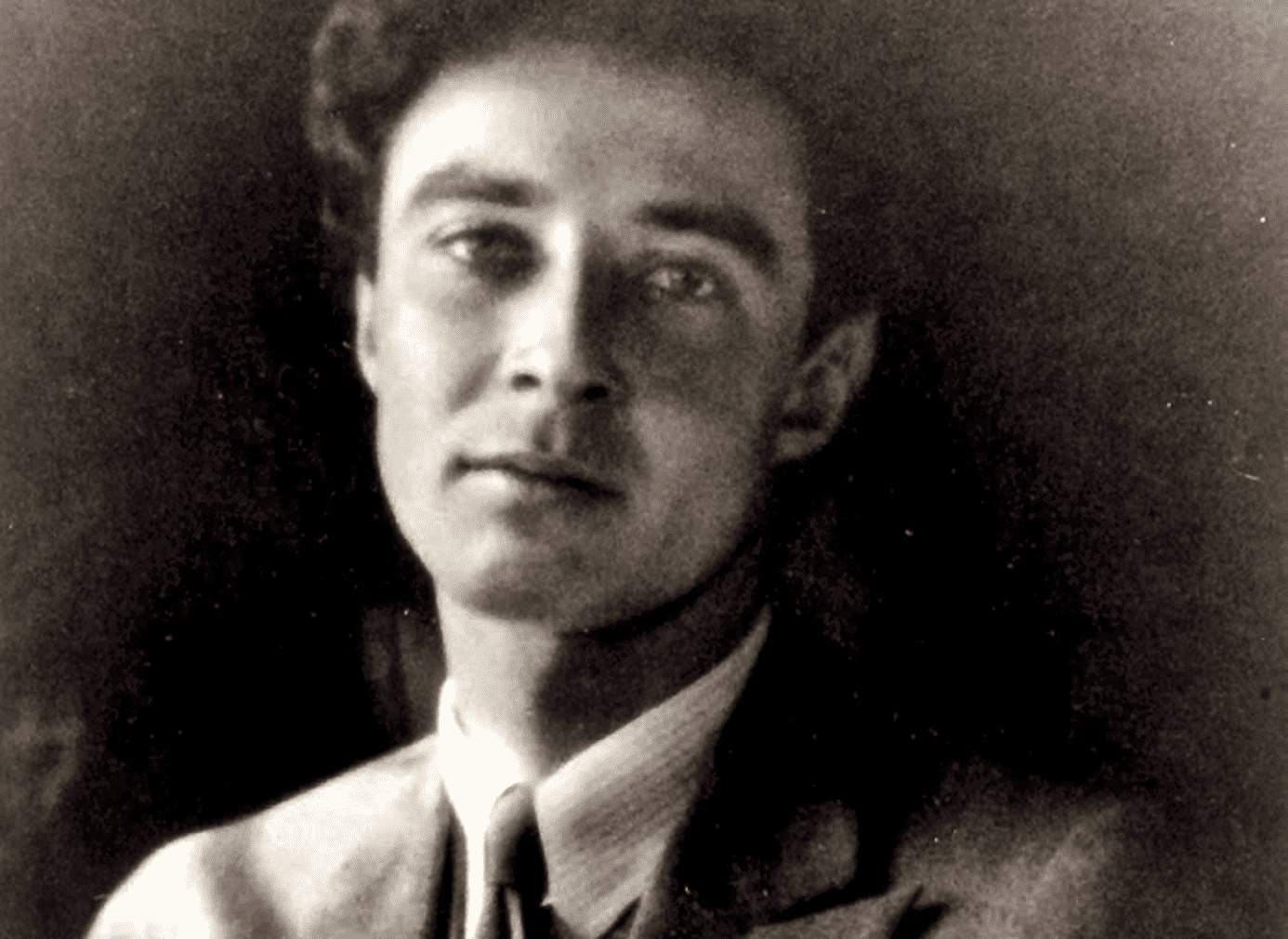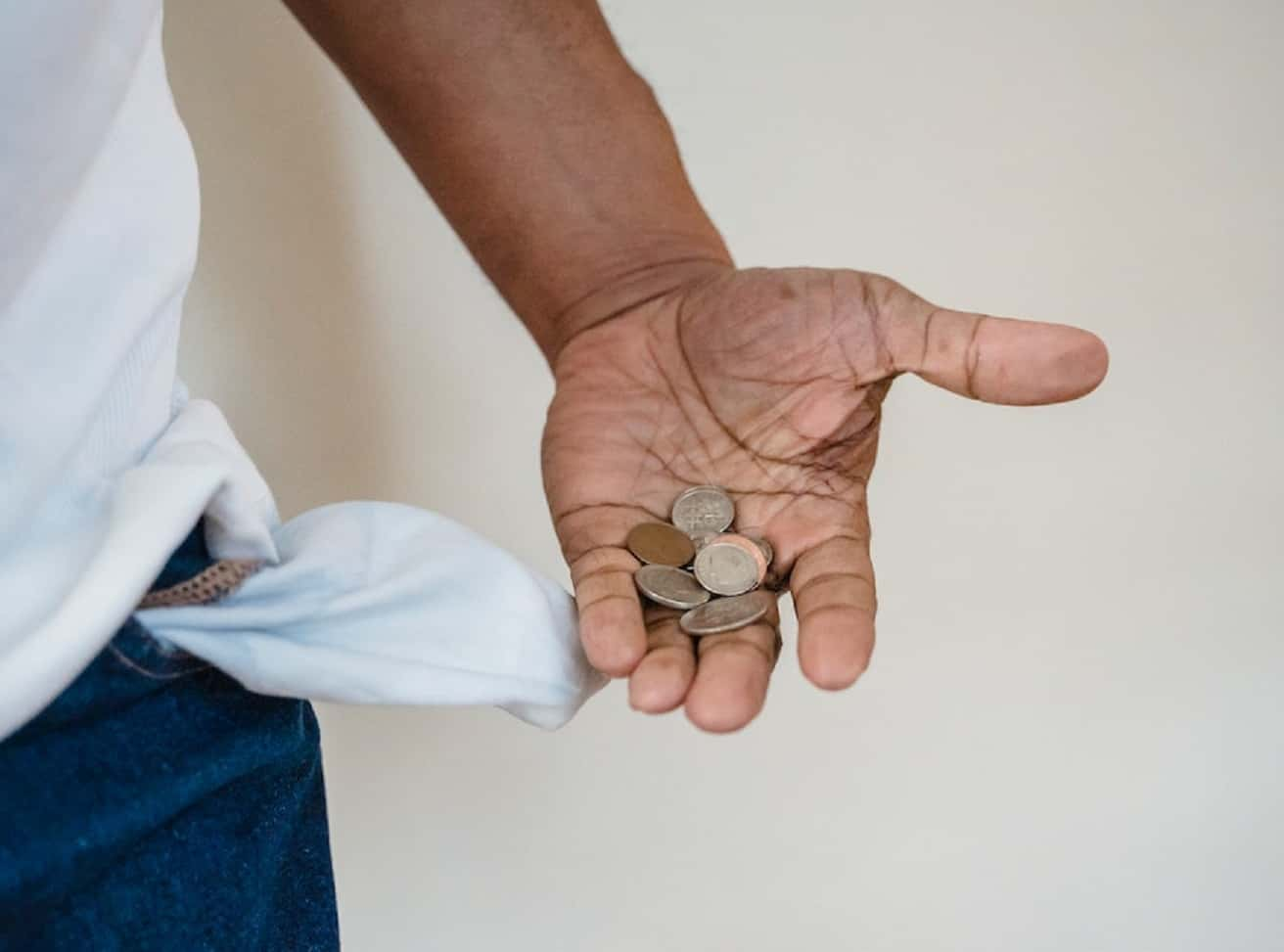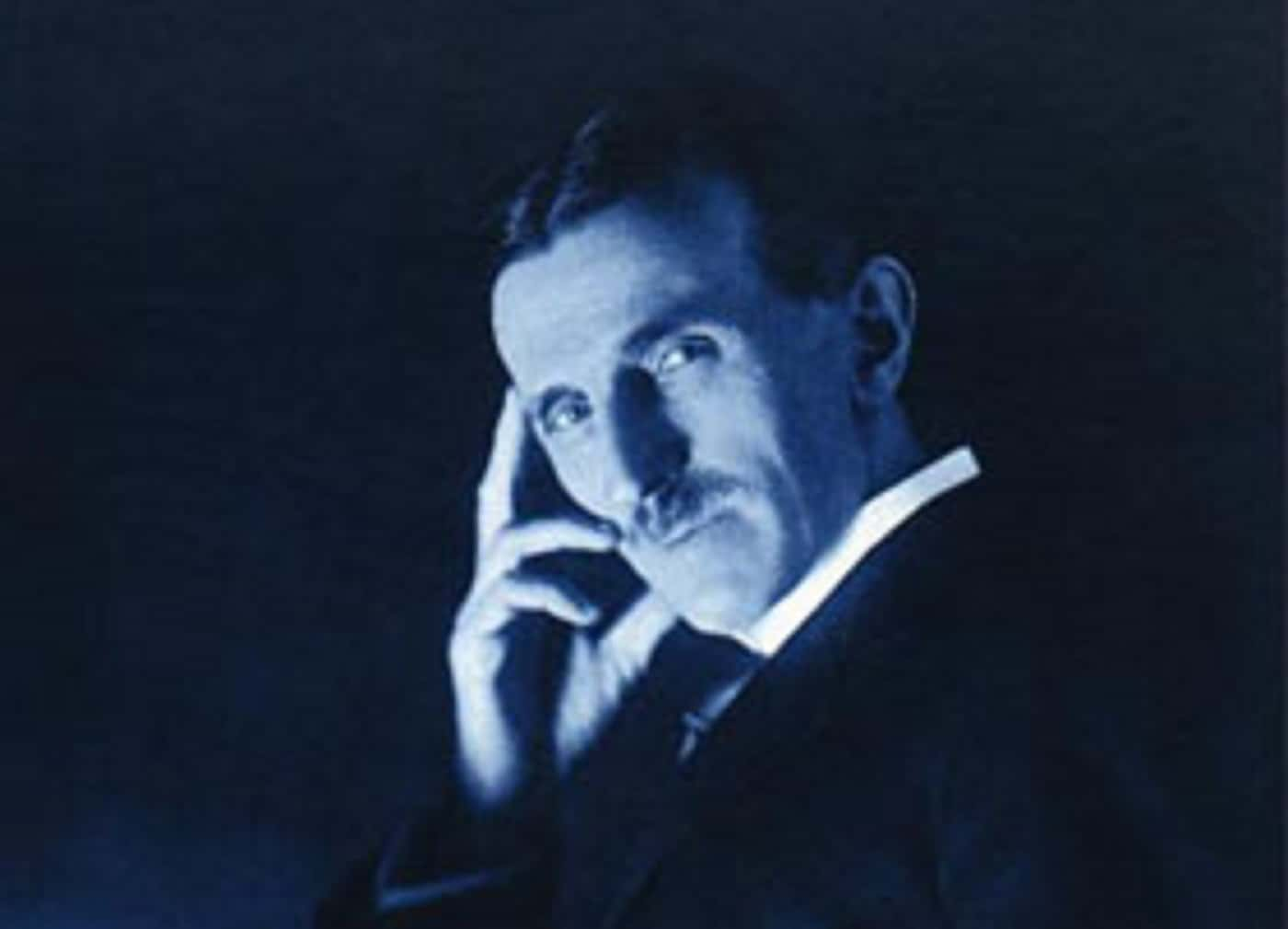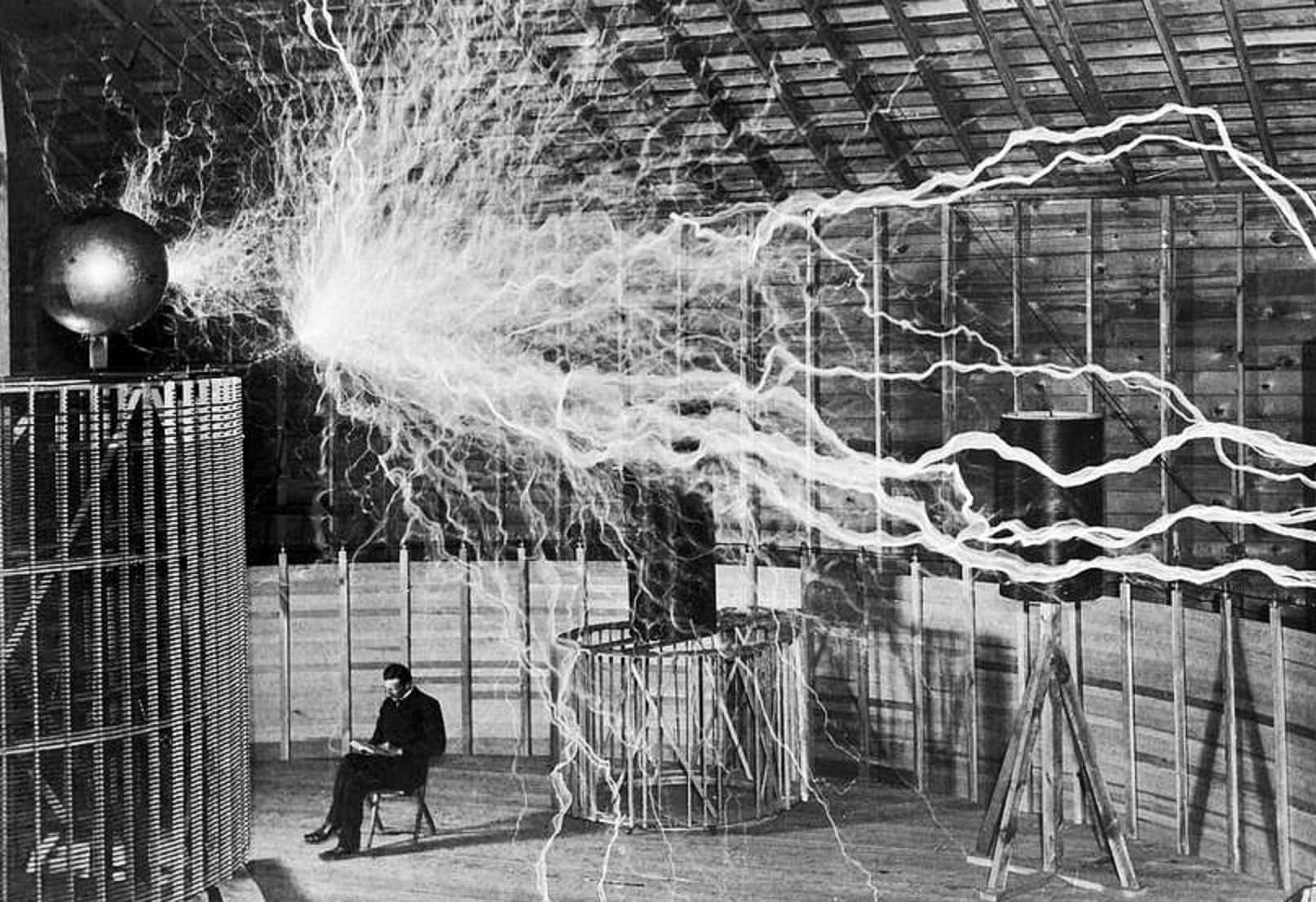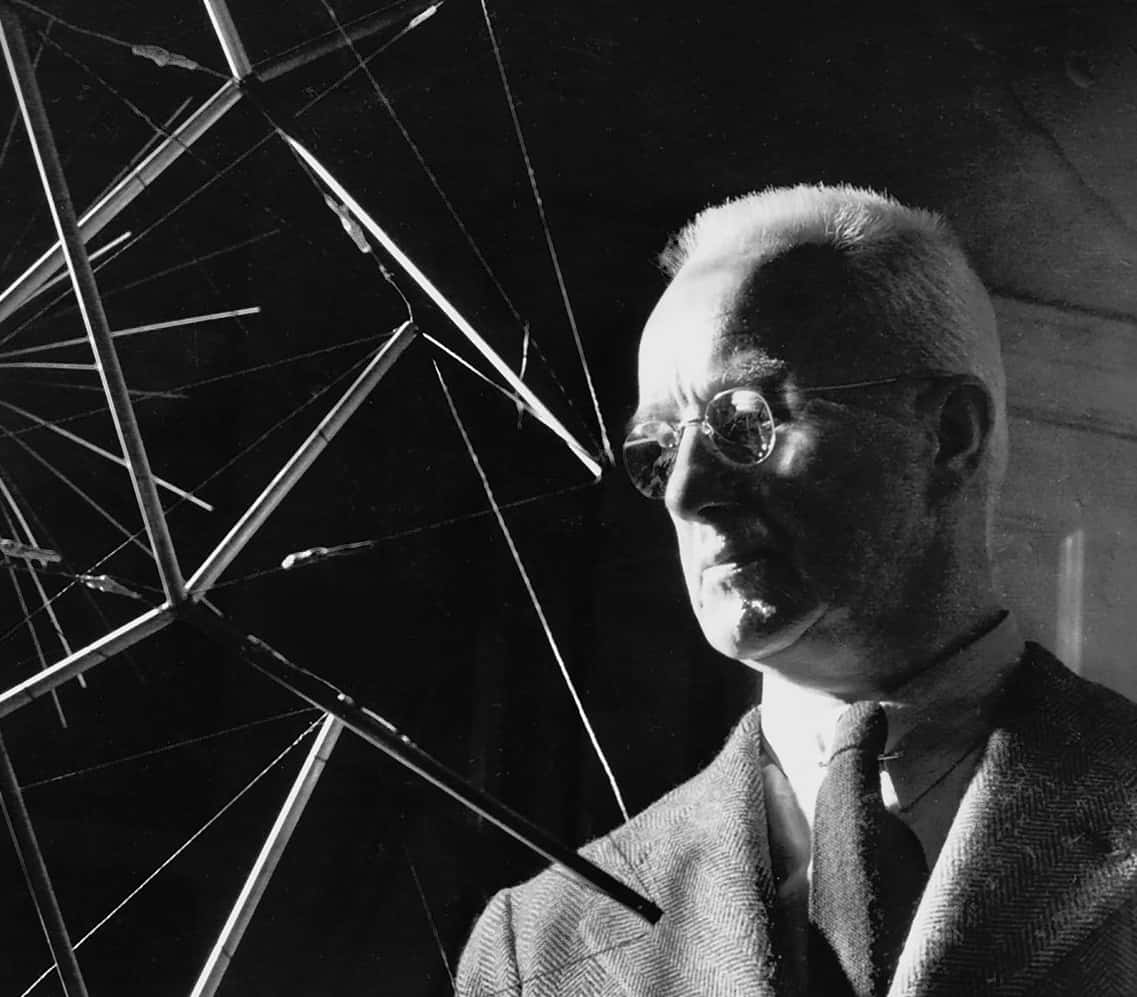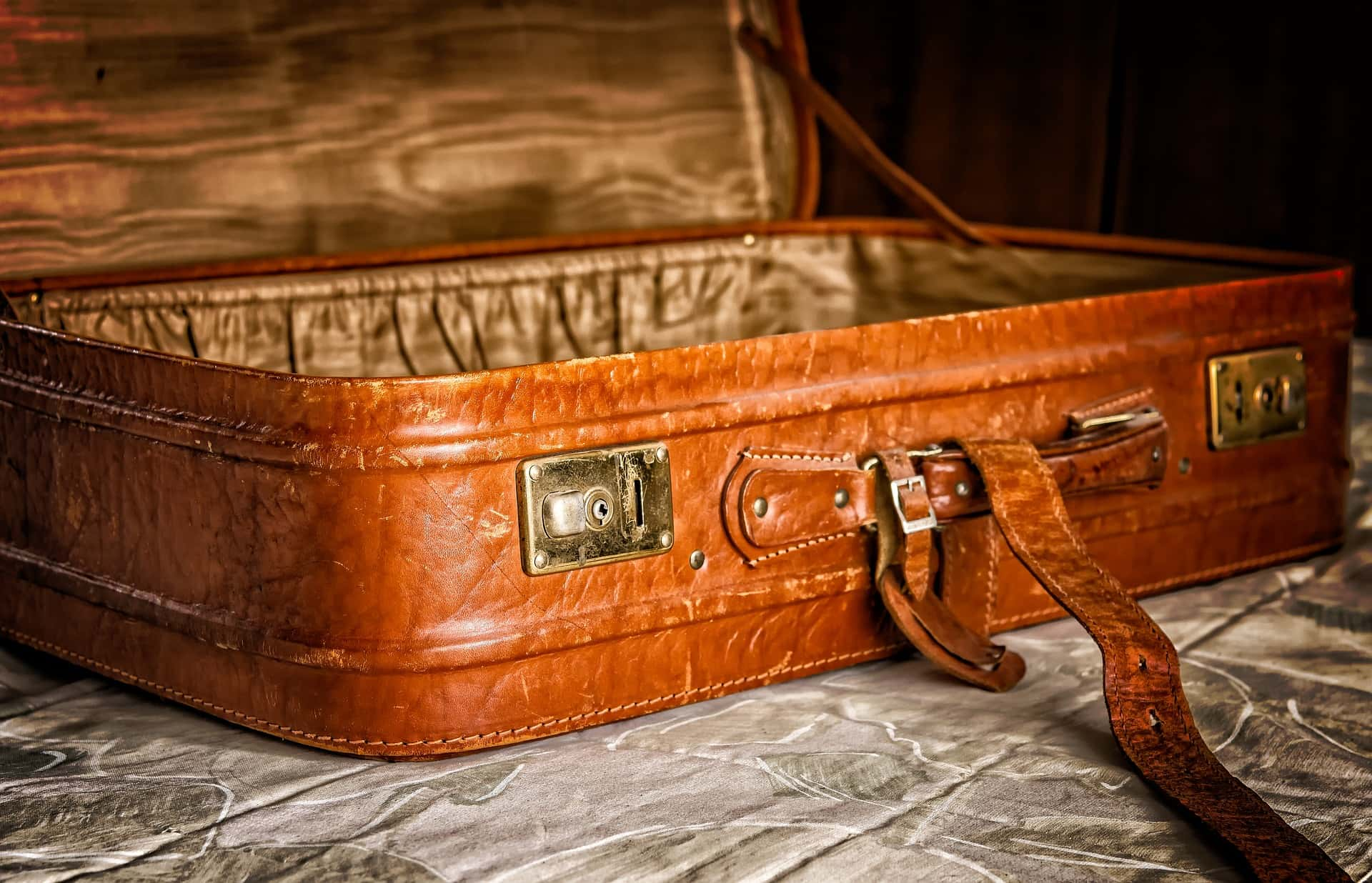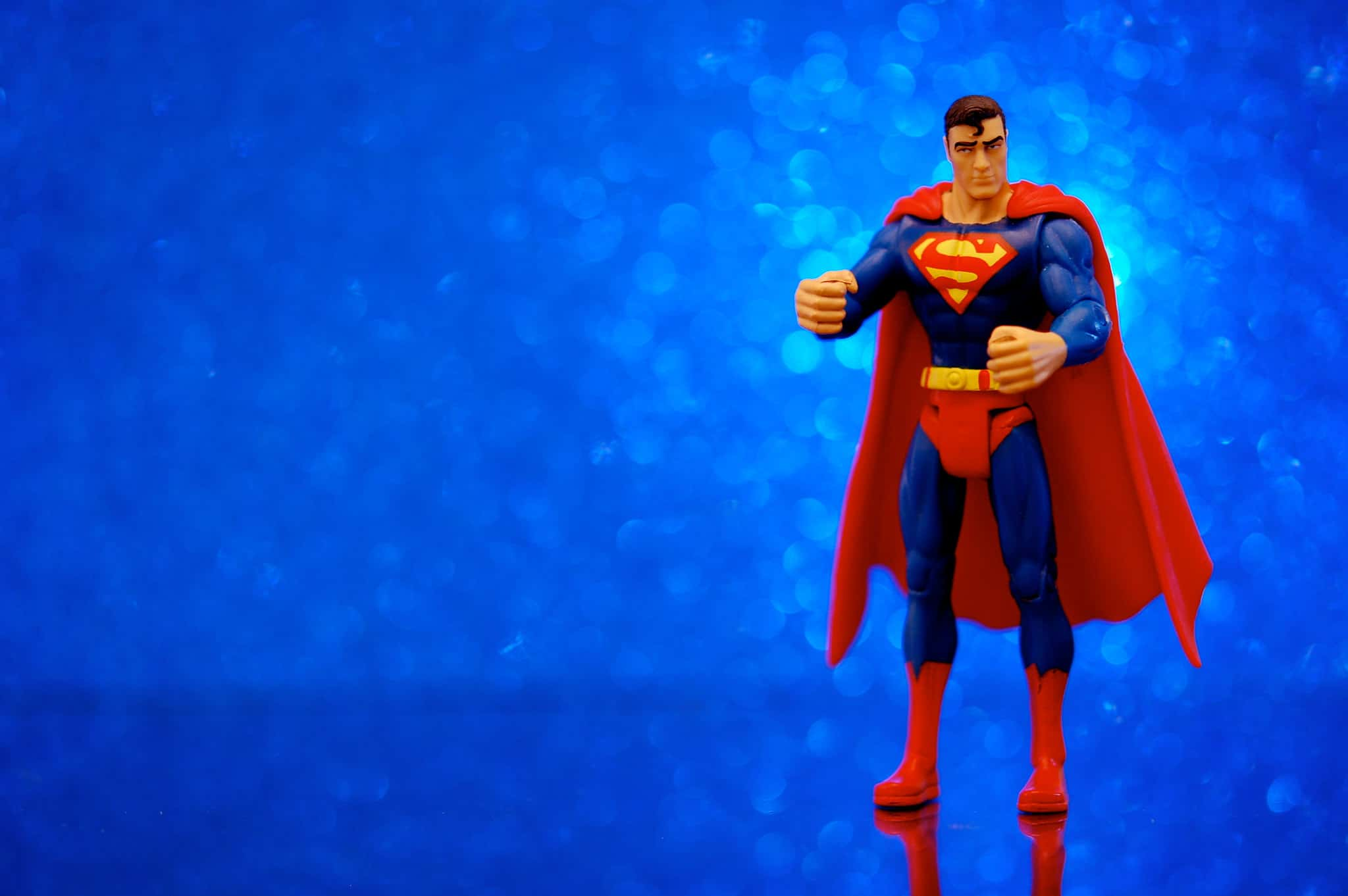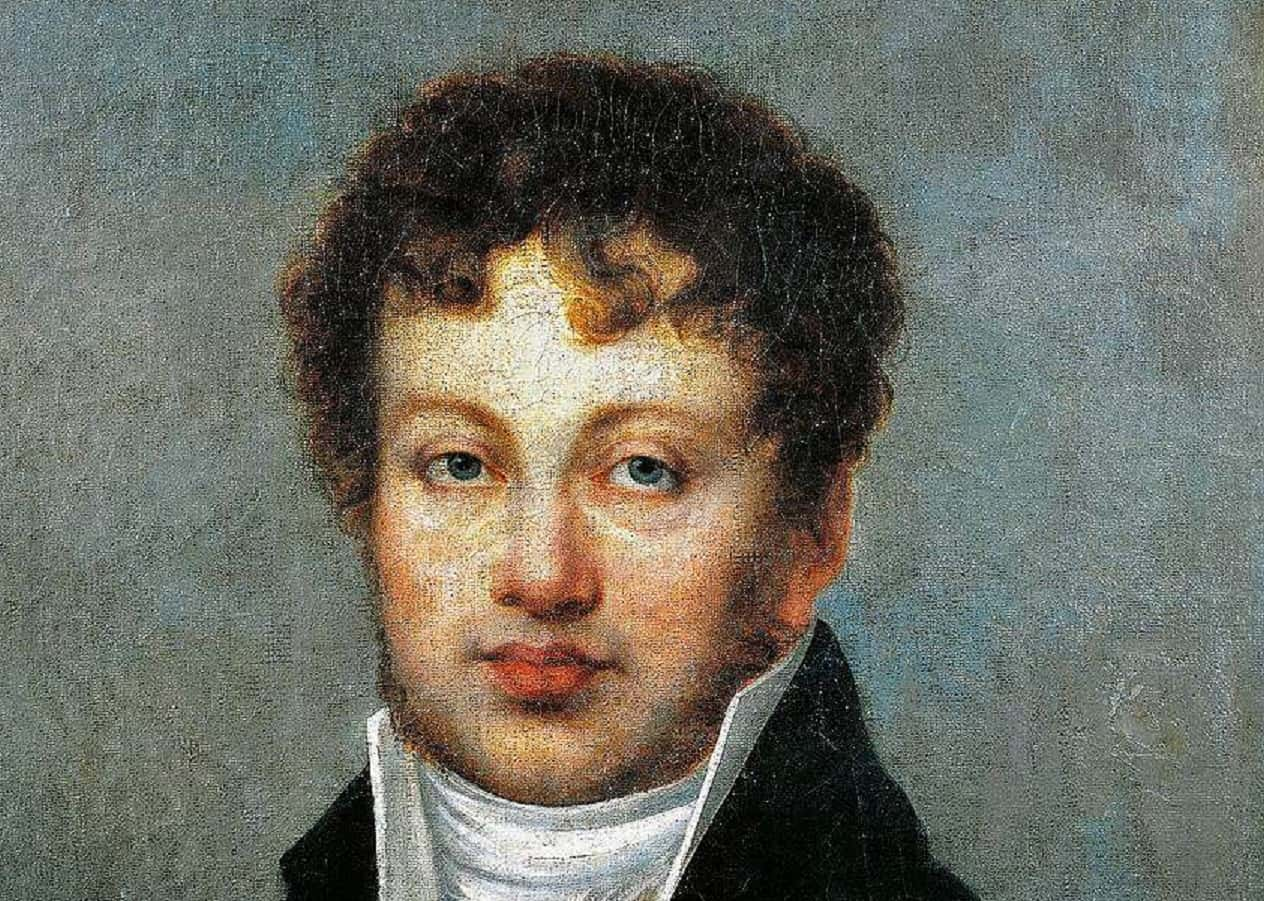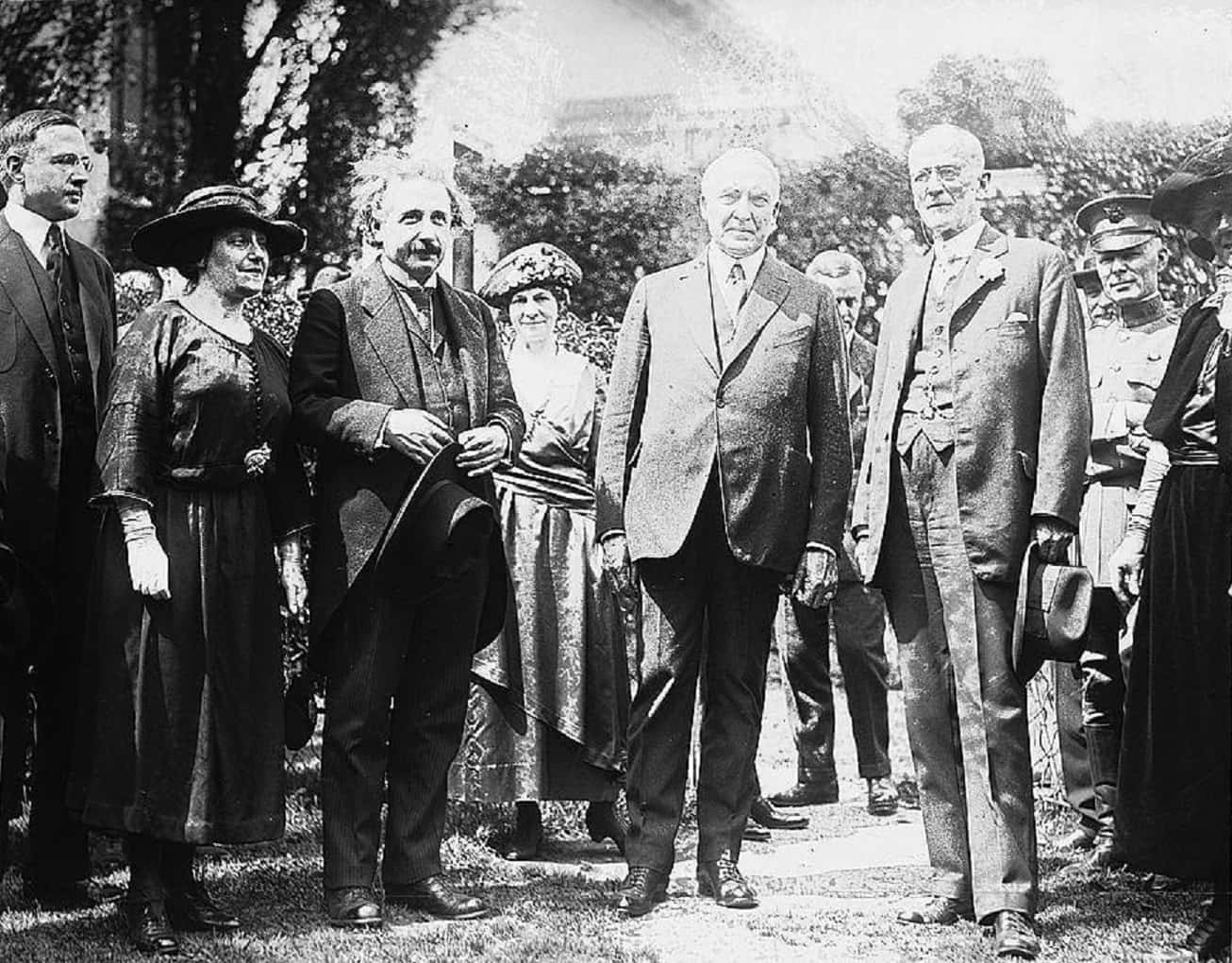"When you are courting a nice girl an hour seems like a second. When you sit on a red-hot cinder a second seems like an hour. That's relativity". - Albert Einstein
These days the world's most innovative scientists don't really get as much attention as, say, the Kardashians. But maybe they should. Because real, profound genius often comes hand-in-hand with being absolutely bonkers. Seriously: the lives of some of the most famous scientists of all-time read like the biography of an insane circus clown. Besides, it’s famous scientists who got us where we are today. It's probably time we all learned a bit more about them. Here are some facts about history's brilliant (and often eccentric) scientists.
1. Relative Politics
If you ask many people to think of someone smart, there's a pretty good chance their mind will immediately go to Albert Einstein. He's like the dictionary definition of intelligence.
Which is why it's so surprising that the man himself was pretty vocal about his own shortcomings. Case in point: shortly after Israel became a country, Einstein was offered the presidency... and turned it down. The reason? He said he no head for large problems.
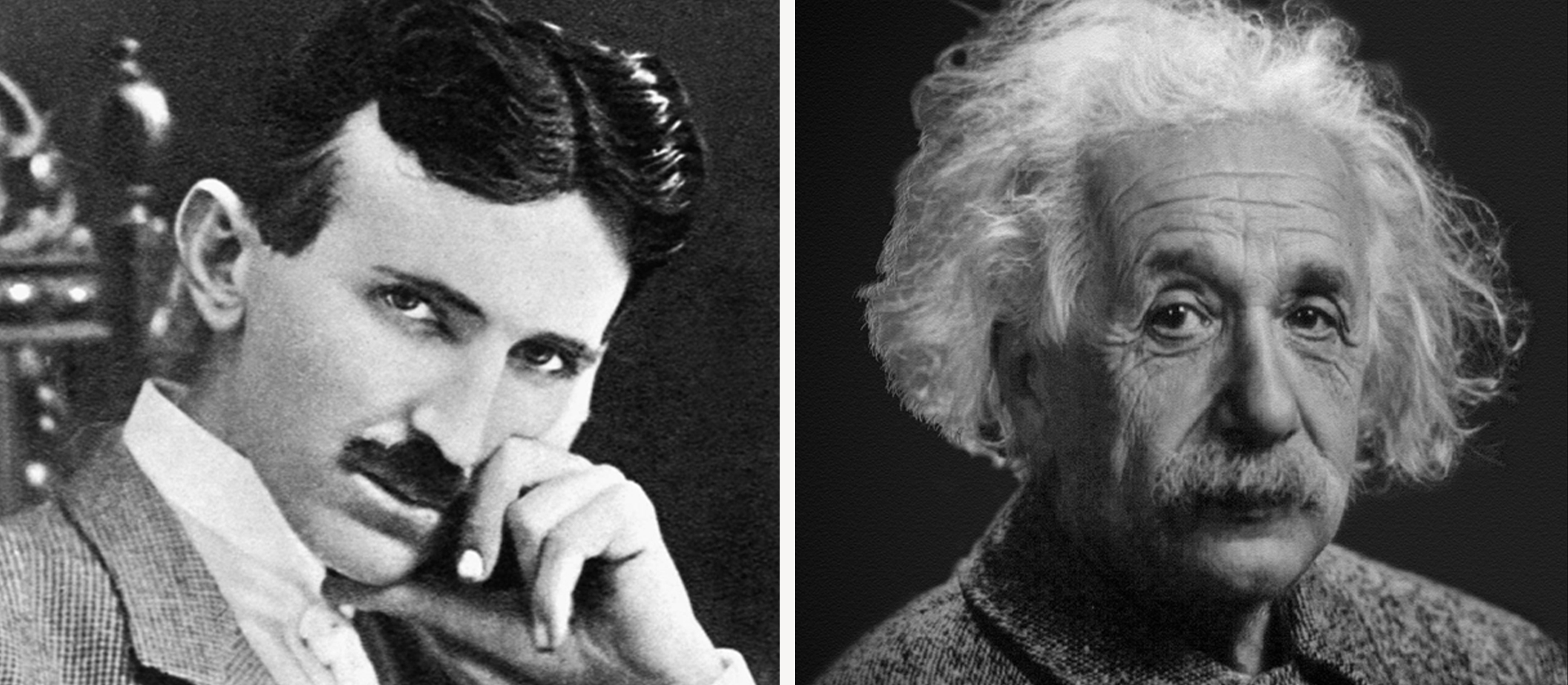
2. Omitted
Marie did much of her research with her husband, Pierre. When their work was submitted to the to the Nobel Prize committee, Marie’s name was never mentioned due to prevailing sexism at the time. Eventually, though, that wrong was amended. Years later, Marie became the first woman to be recognized with the Nobel Prize.
3. Too Brilliant for His Shirt
Ben Franklin showed his neighbors his birthday suit 5.00am each morning while sitting near an open window writing. He claimed the air aroused his creativity.
4. “Brain-washing” in a Tub
Dr. Yoshiro Nakamatsu, who patented more than 3,300 inventions in his 73-year-old life, got his creativity from sinking himself underwater for hours at a time. Point? “To starve the brain of oxygen. Zero-point-five seconds before death, I visualize an invention".
5. Bathroom for the Brain
Dr. Nakamatsu also meditated in a bathroom tiled in 24-karat gold, since - according to him - gold tiles blocked out radio waves that harmed his thinking.
6. Singing to the Powder
Sigmund Freud, the dignified coke addict, published his C*caine Papers in 1887. He called them “song of praise to this magical substance".
7. Tesla’s Tastes
Nikola Tesla, physicist, detested overweight women and jewelry of any kind - particularly pearls.
Possibly related: it's a distinct possibility that Tesla died a virgin. The man was known for eschewing physical intimacy... in exchange for simply inventing basically everything.
Would you make that trade?
8. The Interview
Researchers who wanted to work for Thomas Edison had to sample soup. If they seasoned it before tasting, they were fired, since it showed they were biased.
Buuuuut before we start thinking Thomas Edison is cool... let’s also remember he once electrocuted a circus elephant in front of a sold-out crowd, just to prove that Nikola Tesla's alternating current form of distributed electricity was more dangerous than his own direct current.
Imagine murdering an elephant over a business grudge. That's a bad look.
9. Alien Property
Speaking of Nikola Tesla...
When Tesla passed on in 1943, the office of Alien Property seized his possessions. Though most of it was later returned to his family, some of it still remains classified. What did Tesla invent that we never got to know about?

History's most fascinating stories and darkest secrets, delivered to your inbox daily.
10. Around We Go
Tesla walked around a building three times before entering it. Every. Single. Time.
The man accomplished so much during his lifetime... but imagine what he could have gotten done if he didn't spend like 4 hours every day walking in circles. We could have had a perpetual motion machine.
11. 84 Year Old Virgin
Though Isaac Newton lived to be 84, he never married. Some even believe he never lost his virginity. Still, there’s no conclusive way to tell. But the speculation is something he shares in common with Nikola Tesla, as we mentioned earlier.
Maybe there's just something about genius men and virginity?
12. ScIeNtist
Newton believed himself to be a big-time sinner. He even wrote a list of 48 sins he believed he committed throughout his life, including punching his sister.
Although we know there's at least one sin he didn't commit... Heyooooooooo.
Sorry Isaac.
13. Beans, Beans, The Magical Fruit
Pythagoras forbade his followers from touching or eating beans. Legend says this caused the mathematician’s demise, since he refused to find refuge in a bean field - whereupon his attackers slit his throat.
14. Science Is Not A Popularity Contest
Hawking had a lifelong ambition to write a “popular” book about how the universe began; he wanted the book to be read by millions of people around the world, just like a “bestselling airport novel". Despite the small initial first printing, his A Brief History of Time became an instant bestseller and has sold more than forty million copies worldwide.
But for all of Hawking's induring popularity, there was one achievement that eluded him: he never won a Nobel Prize.
15. Not Far From The Tree
Is how far Isaac was standing when he saw an apple fall and postulated that it’s the same invisible force that is acting on the moon. The apple never fell on his head.
16. Only Two Words!
Richard Feynman bet a friend he would be able to get more than two words at a time out of Paul Dirac, famed but taciturn physicist. After speaking to him for several hours with no success, Richard revealed his failure to Dirac. The latter smiled and said, “You've lost".
17. Nervous Nelly
Newton had two nervous breakdowns in his life, once in 1678, and again in 1693. Historians credit the second breakdown to chemical poisoning, due to his alchemy practices. Newton’s scientific research ended after the second breakdown.
18. You’re Welcome
Newton was sent home from school to avoid getting the bubonic plague when he was about 22 years old. It was during those days at home that he invented calculus.
Ahhhh, yes. We all remember those days we skipped school because of a "cold", just so we could do a little extracurricular math on the side at home.
Seriously. The last time I had a day off work, I spent 7 hours practicing my air guitar. Isaac Newton used his time off to reinvent the math game.
19. The Mad Scientist and the Two-Headed Dog
In 1954, the Soviet surgeon Vladimir Demikhov revealed his masterpiece to the world: a two-headed dog. He created 19 more over the next 15 years. He did so by grafting the head and forelimbs of a smaller dog onto the neck of a larger animal. In his final, and most famous, experiment he even succeeded in connecting the two heads so well, that both were able to hear, smell, and see.
Obviously, it's easy to call the man a mad scientist. And today he'd never get away with that treatment of innocent pups. And yet Demikhov was instrumental in the development of organ transplants as a viable surgery. Just goes to show: science can be morally complicated.
Nevermind what I just said: he was a monster.
20. “What's My Address?”
Einstein's secretary once got an anonymous call asking where Einstein lived. The secretary declined to respond. Whereupon the caller admitted he was Einstein himself. He had forgotten his address.
Do you remember where you live? Well done: you've got more street smarts than quite possibly the smartest man to ever live.
21. It’s Real To Me!
Newton was really into alchemy. What’s alchemy? It’s the pseudoscientific predecessor of chemistry that sought to transmute base metals into rare metals, create an elixir of life, and other wacky pursuits. He wrote 169 books on the subject, but none were published in his lifetime.
"It looks bad now, but one day I'll be rich!"
22. Don’t Tell Me I’m Rich
Henry Cavendish (1731-1810), English chemist and physicist, was bothered by his inherited fortune to the extent that he forbade his banker to waste the eminent scientist’s time by reminding him of it.
23. Gynophobia
Women terrified Cavendish. He warned his maids to keep out of his sight and communicated with his housekeeper only by notes left on his kitchen table. Those who protested were fired.
24. Lock it Up
Richard Feynman, physicist, became a master of cracking safes after working on the atomic bomb project at Los Alamos in the 1940s, where everyone was required to keep confidential documents in safes. It started as an intellectual curiosity: he wondered if he could figure out how to open these safes.
He became so good at his craft that he found himself — for the sake of cultivating his legend — carrying tools as a red herring and pretending that safe jobs took longer than they really did.
25. Sexiest Body Of Work
Neil DeGrasse Tyson once described his high school self as “a nerd who could kick your butt". His muscular physique, along with his charm and good looks earned him the distinction of “Sexiest Astrophysicist Alive” from People magazine. No argument here.
26. Pluto No Mo’
Tyson was at the forefront of the movement to declassify Pluto as a planet. He did so by refusing to refer to Pluto as a planet in the Hayden Planetarium’s display back in 2006. When you’re right, you’re right Neil.
Pluto is not Neil's biggest fan
27. Granite Blocks & Milk.
In case you think Newton and Tesla were the only scientific weirdos...
British mathematician and electrical engineer Oliver Heaviside furnished his house with giant granite blocks, painted his nails scarlet pink, and spent days drinking just milk.
28. Reboot
Tyson hosted the reboot of the popular Cosmos series, that was originally hosted by Tyson’s mentor Carl Sagan. Sagan’s wife Ann Druyan, who worked as a writer on the original series also wrote for the reboot. History repeats itself.
29. Meme Me
Tyson became an internet Meme after appearing on an episode of The Colbert Report. The “we’ve got a badass over here” meme was one of the most popular and prevailing memes of the early 2010’s.
30. Rebel, Rebel
After being forced to renounce his position that the Earth revolves around the Sun, Galileo is thought to have rebelliously muttered the phrase “E pur si muove,” which translates from the Italian to “And yet it moves". This anecdote is included in the 18th century book The Italian Library by Giuseppe Baretti. The original Italian phrase was also depicted in a portrait of Galileo, thought to be painted during his lifetime, where it appears scribbled on a wall behind Galileo.
31. Baring All
Tyson almost became an exotic dancer. Having danced and wrestled through university, Tyson considered dancing at a Chippendales type club for extra cash.
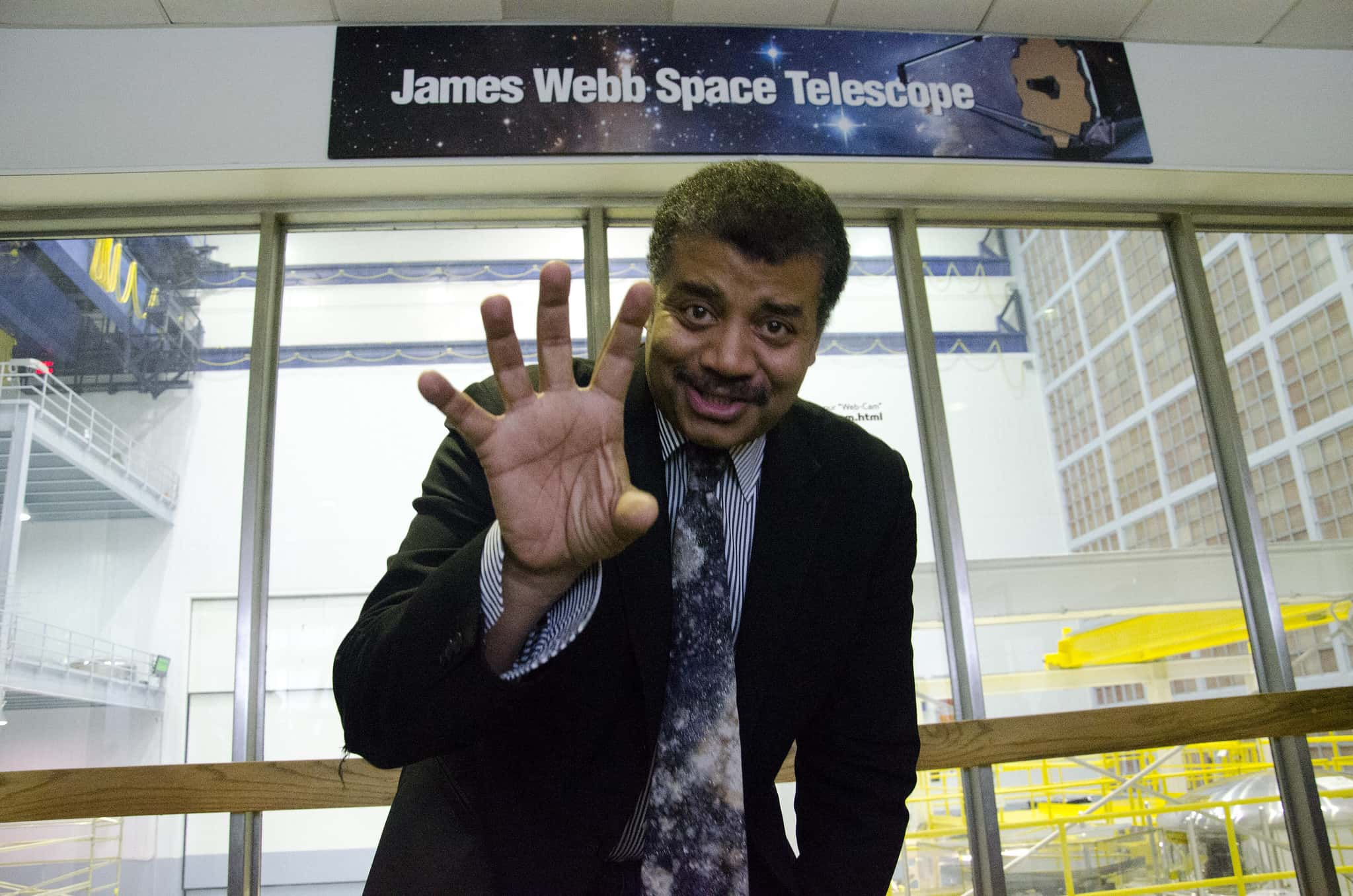 Flickr, NASA Goddard Space Flight Center
Flickr, NASA Goddard Space Flight Center
32. Biggest Fan
The pathologist who performed Einstein’s autopsy took his brain, and kept it in a jar for 20 years. We’re pretty sure that’s not legal, or useful.
More fun facts about his brain? Einstein’s brain had a parietal lobe that was 15% larger than that of the average human. The parietal lobe is responsible for processing sensory information, as well as language and mathematics.
33. Bye Bye Bounty
Einstein’s Nobel Prize money went to his ex-wife as part of a divorce settlement. There were no rappers to tell Einstein to get a prenup back then.
34. Dummy
Einstein failed his initial university entrance exam. He reapplied the following year and was able to successfully complete the exam. If at first you don’t succeed…
35. List Maker
Charles Darwin was a very logical person. Part of the reason he was able to formulate his theory of evolution were the incredibly detailed and organized notes he took on his voyages around the world.
Apparently, though, that habit of note taking and list making didn't apply only to his work. In fact, when Darwin was considering marriage to his long-time lover, he wrote a pretty pros/cons list to help him make the decision. In the column for “Marry” he put: “children", “constant companion", "someone to take care of the house", and... "better than a dog anyhow”. So romantic! His negatives? He wrote: “conversation of clever men at clubs", “freedom to go where one liked", and “loss of time".
In the end, the pro column won out: Darwin married his first cousin, Emma Wedgewood, in 1839.
36. Unity
Einstein denounced segregation and even went as far as calling it a “disease of white people". Einstein spent much of his life trying to fight racism in America. Einstein was also one of 5,000+ people who signed a petition to overturn Germany’s ban on homosexuality. Way to go, Al!
37. A Wanted Man
The Nazis placed $5,000 US bounty on Einstein’s head. That’s roughly $85,000 US adjusted for inflation. Still, that’s not that much all things considered...
38. Not-Sir Hawking
Nobility doesn't appeal to everyone.
Stephen Hawking once declined a Knighthood from the Queen of England, explaining in interviews that he “dislikes the whole concept” of titles. His refusal was also due in part to what he saw as the UK Government’s “mishandling” of science funding.
39. Trouble in the End
Considering all his troubles with the church, maybe it shouldn't be a surprise that Galileo’s burial was a controversial affair.
The Grand Duke of Tuscany had planned on burying him in a special tomb at the Basilica di Santa Croce. But plans were halted by Pope Urban VIII. Galileo was buried instead in a small chapel outside the Basilica. His body was eventually moved to the main building, with a specially constructed memorial nearly a century later.
And centuries after that, Pope John Paul II issued an official declaration acknowledging mistakes made by the Church in how they treated Galileo and his findings. It only took a couple years: considering Galileo passed on in 1642, and that announcement came in 1992.
40. Selfless
Marie Curie and her husband never once tried to cash in on their discoveries. Marie openly shared her work and techniques with scientists and interested industrial parties. Eventually, the green-glowing Radium became so popular it was selling for $100,000 a gram. Marie could no longer afford the thing she discovered, and was unable to continue her research.
41. Smarties
After the French Academy of Sciences smeared Marie’s name to keep her from accepting her second Nobel Prize, Marie sank into a depression. It was then that she received a letter from her pal Albert Einstein, telling her how much he admired her strength and intellect, and to not read the tabloids that were written about her. She soon after emerged from her depression, and celebrated by accepting her second Nobel Prize.
42. Paramarie
Marie put her work aside when the first world war broke out. She helped design and outfit ambulances called “Little Curies". The ambulances used Radium to perform simple x-rays to help medics locate and remove shrapnel from soldiers’ bodies. It’s estimated that her work helped save the lives of a million troopers.
43. Clueless
Both Marie and her husband were completely in the dark when it came to the dangers of radioactive materials. Though they both suffered from chronic pain, neither considered that it was their radioactive substance handling that was the cause. Some of their original lab equipment is still so radioactive and cannot be safely viewed or studied.
44. God and Science
Isaac Newton loved the bible, and read it obsessively. Newton wrote more on religion than he did on science or math combined.
45. Smells Like Steel
The 16th-century Danish astronomer Tycho Brahe lost his nose in a duel. He donned a metal one instead.
It's a good thing that being a pioneer in the field of astronomy doesn't really require goods looks... or a particularly adept sense of smell.
46. One-Star Hotel
Human rights activists would be after Brahe today! He lodged a dwarf under his table, where he fed him the occasional bite.
47. A Polite End
Talking about tables, Brahe didn’t want to excuse himself to use the bathroom during a royal banquet in October 1601, fearing it would be impolite. Result: a kidney infection, causing a burst bladder 11 days later and his eventual demise.
48. Untouchable!
Nikola Tesla avoided touching hair, pearl earrings or anything round.
49. Farmer Newton
Isaac almost became a farmer. When he returned from school at the age of 17, his mother insisted that he take over the family farm. He was an awful farmer, though. Which is hardly surprising when you consider he probably spent most of his time calculating the average mass of an individual seed, or other fun science-y stuff. In any case, shortly into his failed farming career, Isaac's uncle convinced his mother to send him to Trinity College instead.
Probably a better fit.
50. Eighteen Napkins
Each meal, Tesla would use exactly 18 napkins to polish his cup, plate, and cutlery.
51. Captain Planet
Nikola Tesla was worried about people consuming the planet’s resources too quickly, and was an advocate for renewable energy. He researched methods to minimize the impact of fossil fuel consumption. This was way before Earth Day was a thing.
52. No Speak Language? No Problem.
The physicist Robert Oppenheimer (you might know him from his work on a little something called the Atomic Bomb) was a polymath, fluent in eight languages.
In 1931, he asked a University of California colleague to teach a class, giving the students a book as prop. Later that day, the colleague complained the text was Dutch. Oppenheimer's response? "But it's easy Dutch!"
53. Humanistesla
Tesla was a humanist, which means he believed in improving life for all people. That’s why unfortunately, Nikola perished a poor man, never having profited from his inventions and discoveries.
54. Imagine That
Nikola had a great imagination, and thought of a network of information that was broadcast to handheld devices, or as you may know it, the internet. This was back in 1901, and though he didn’t have the tools necessary to create it, he still had the idea. He even imagined but never invented x-ray and radar systems.
55. Photographic
Tesla’s memory was eidetic, which means he could recall entire books in great detail. Now that’s a memorable talent.
56. Isaac Newton, Super Cop
After becoming recognized as one of the world’s greatest minds, Newton was appointed England’s Warden of the Mint. His job was to find and build cases against counterfeiters, and he duked it out with one particularly well-connected counterfeiter named William Chaloner.
Newton went full-on Dirty Harry and bribed crooks for information on Chaloner. He also leaned on the wives and mistresses of Chaloner’s crooked associates for intelligence.
Eventually, Newton gathered enough information to convict Chaloner, who was hanged for his offenses. Newton did not attend the hanging.
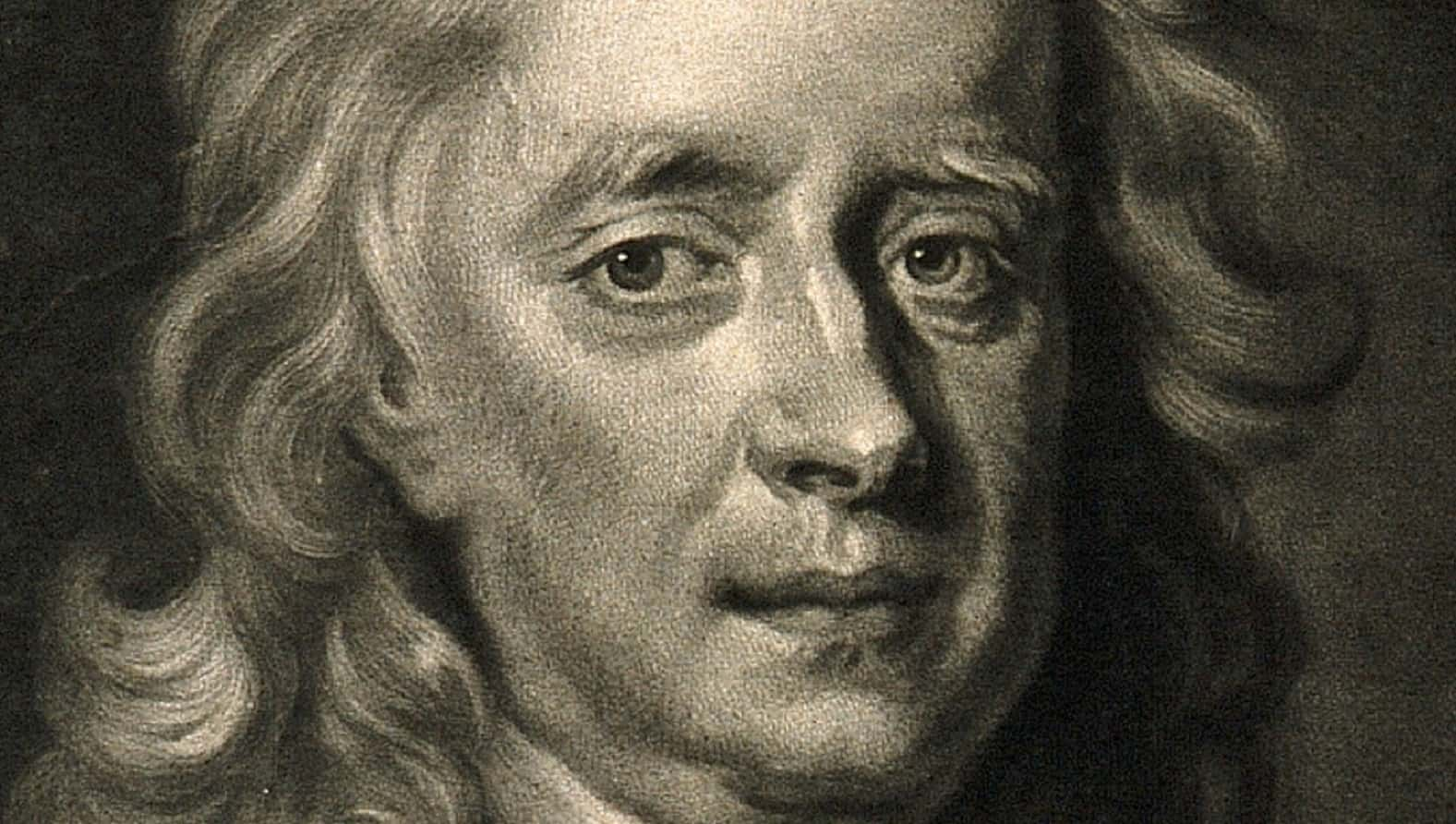 Flickr, The Public Domain Review
Flickr, The Public Domain Review
57. Teslad
Tesla was born during a thunderstorm. Taking the storm as a bad omen, the midwife said Nikola would be a “child of darkness,” to which Nikola’s mom said “no, he will be a child of light".
58. Too Bad He Couldn’t Just Ask Siri…
Architect and scientist Buckminster Fuller wore three watches to tell time in several different time zones.
59. The Daunting Diary
For 88 years, Fuller tracked his life in his journal every 15-minutes. The volumes, kept at Stanford University, stack 270 feet.
60. Open-minded
Paul Erdős, the mathematician, was so devoted to his work that he never married, lived out of a suitcase, and popped up on his colleagues' doorsteps without notice, saying "My brain is open".
61. Super Friends
Tyson was approached by DC to appear in a comic with Superman, where he would help the crime-fighting alien get a glimpse of his home planet. Tyson not only said yes, he offered to help ground the story in actual science.
62. Grab that Cab!
Andre-Marie Ampere was plagued by absent-mindedness. One day while concentrating on a mathematical problem, he came on a stationary cab in the street. The back of the cab was a convenient blackboard and, whipping out a piece of chalk, he covered it with calculations. Unfortunately, after a bit, the cab moved off and Ampere watched helplessly as his solution sped away.
63. Marriage Contract
Einstein’s marriage contract included these conditions: “You will make sure that my clothes and laundry are kept in good order; that I will receive my three meals regularly in my room; that my bedroom and study are kept neat, and especially that my desk is left for my use only”. His wife agreed.

